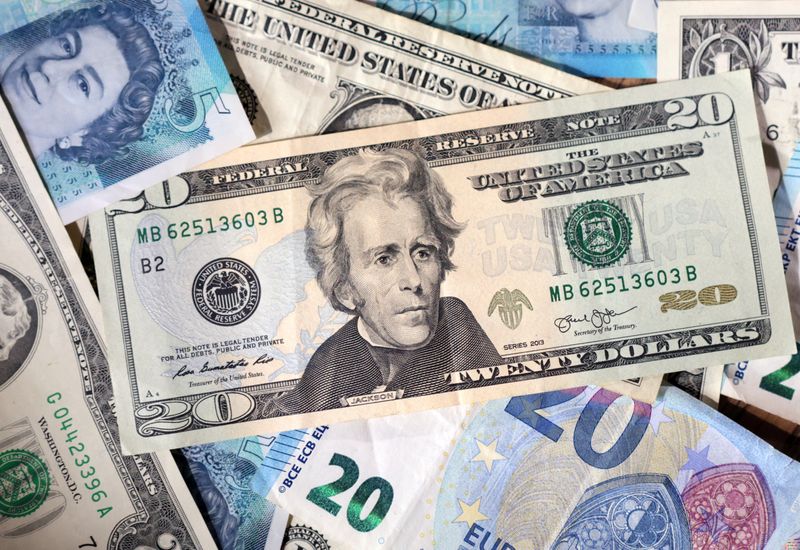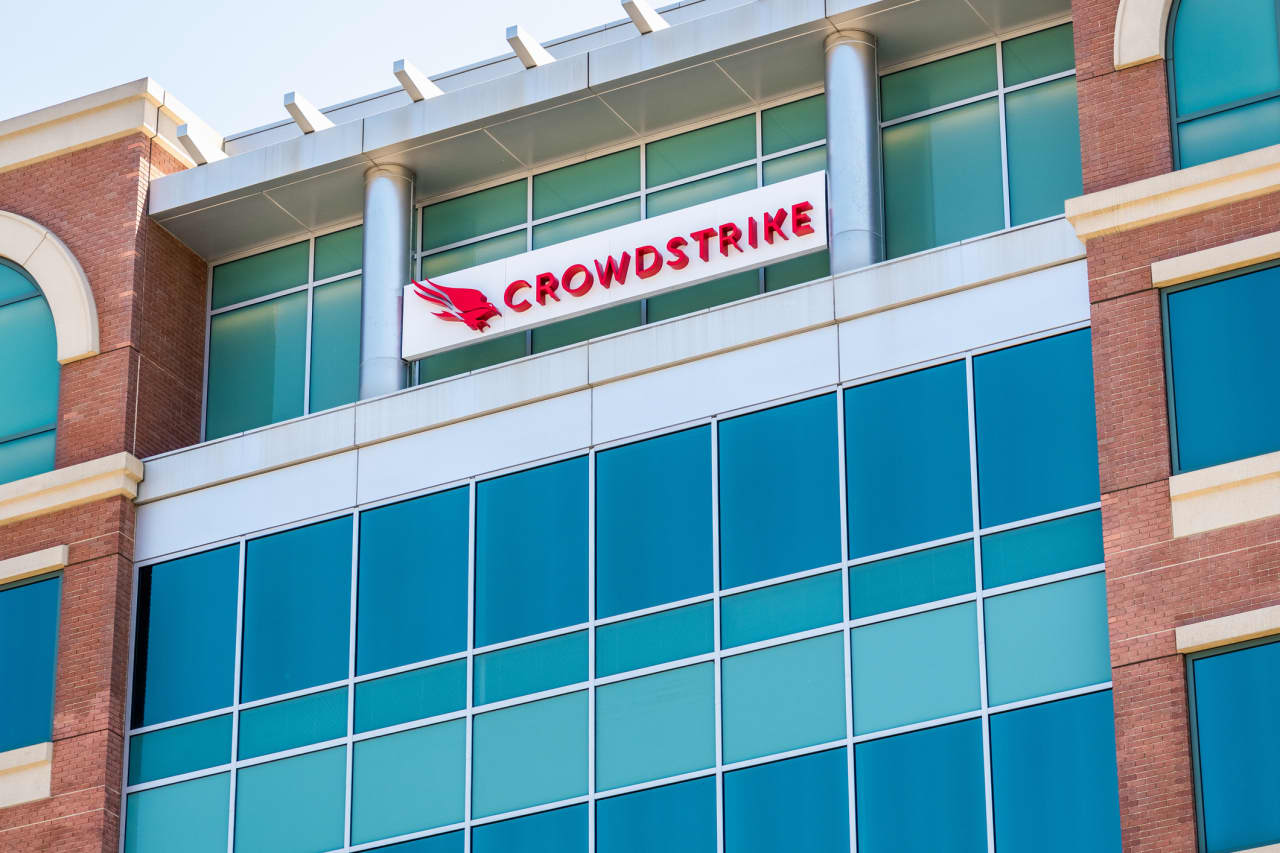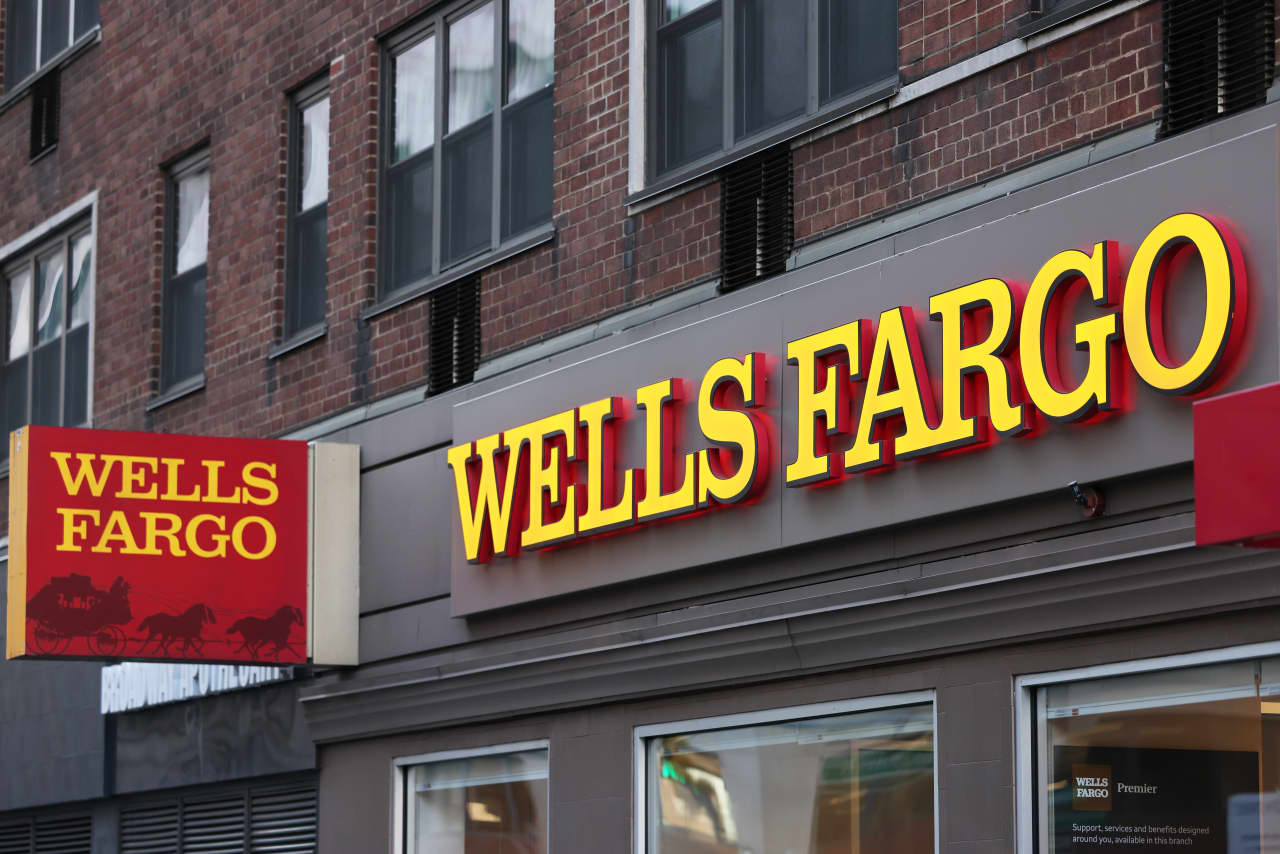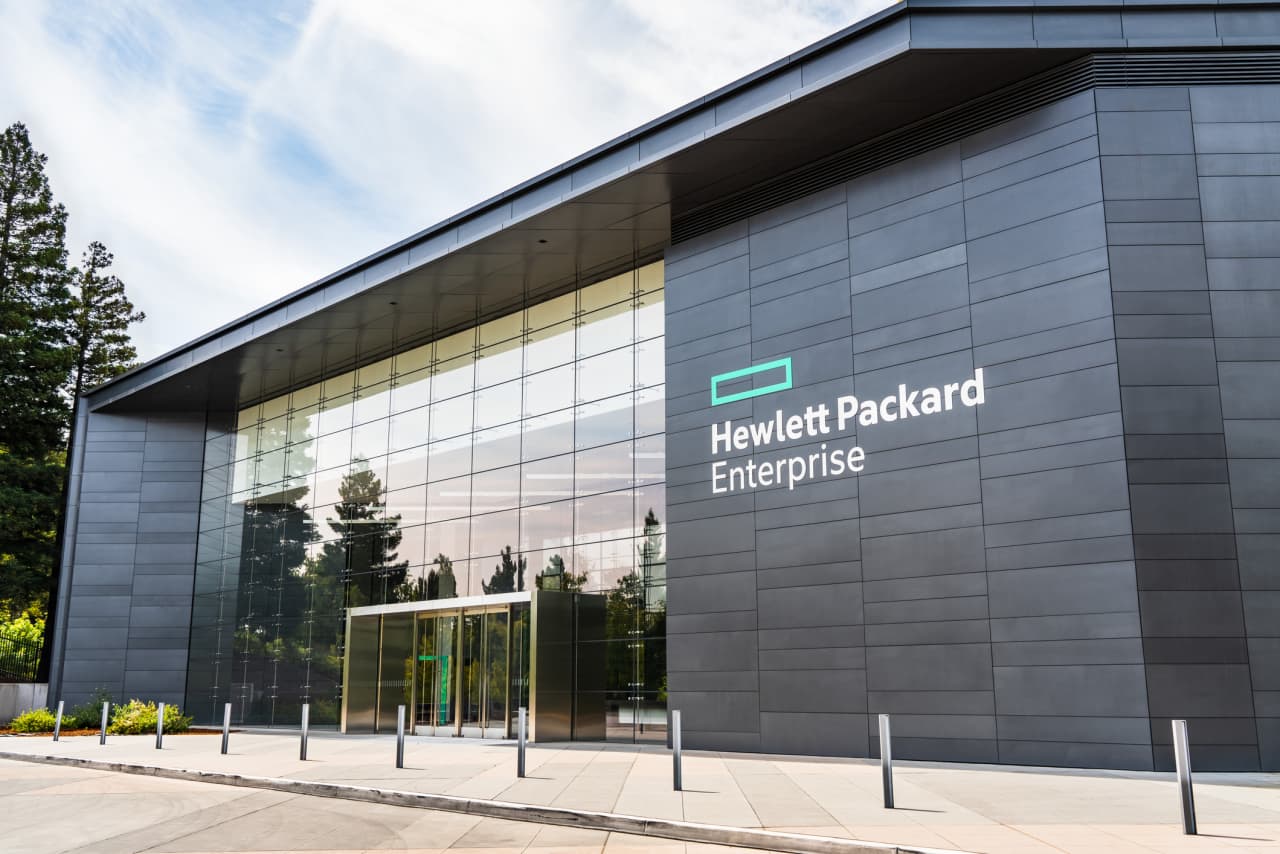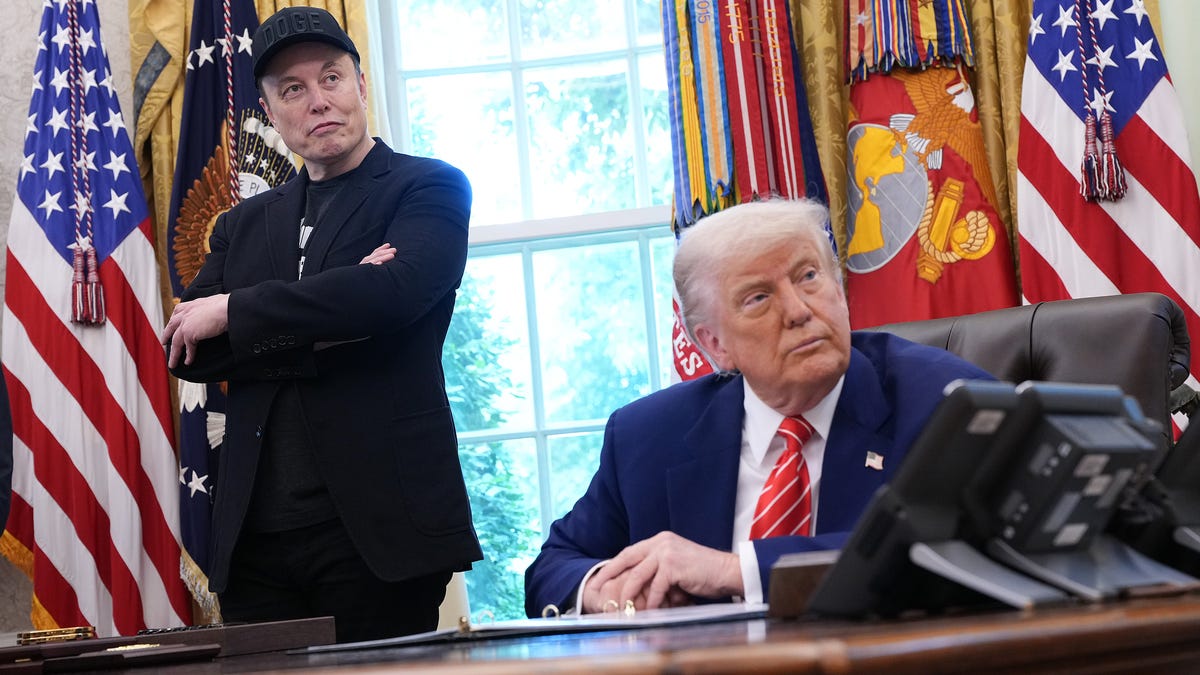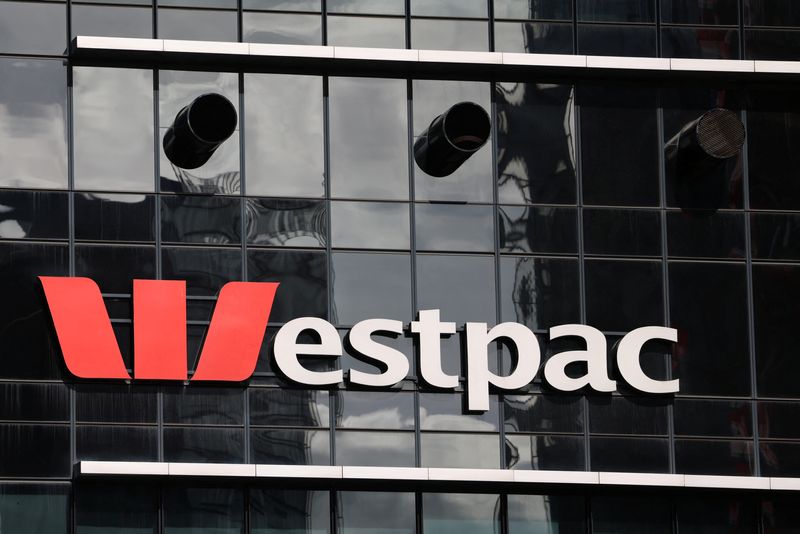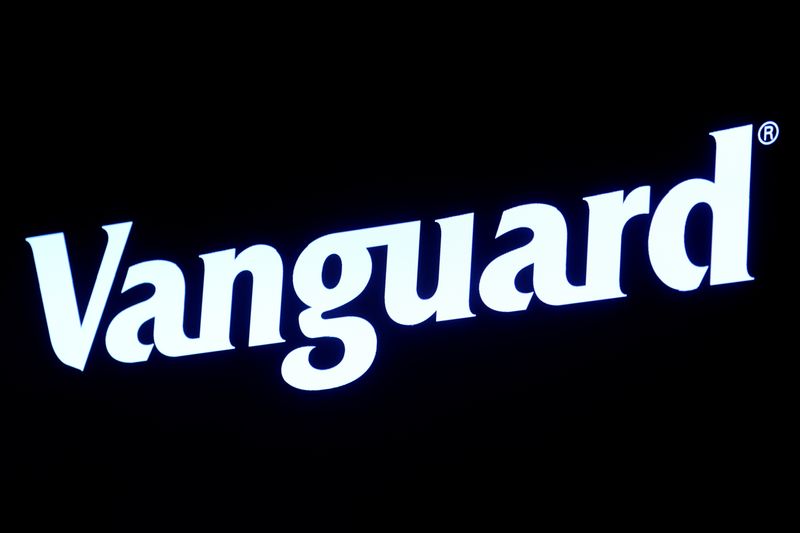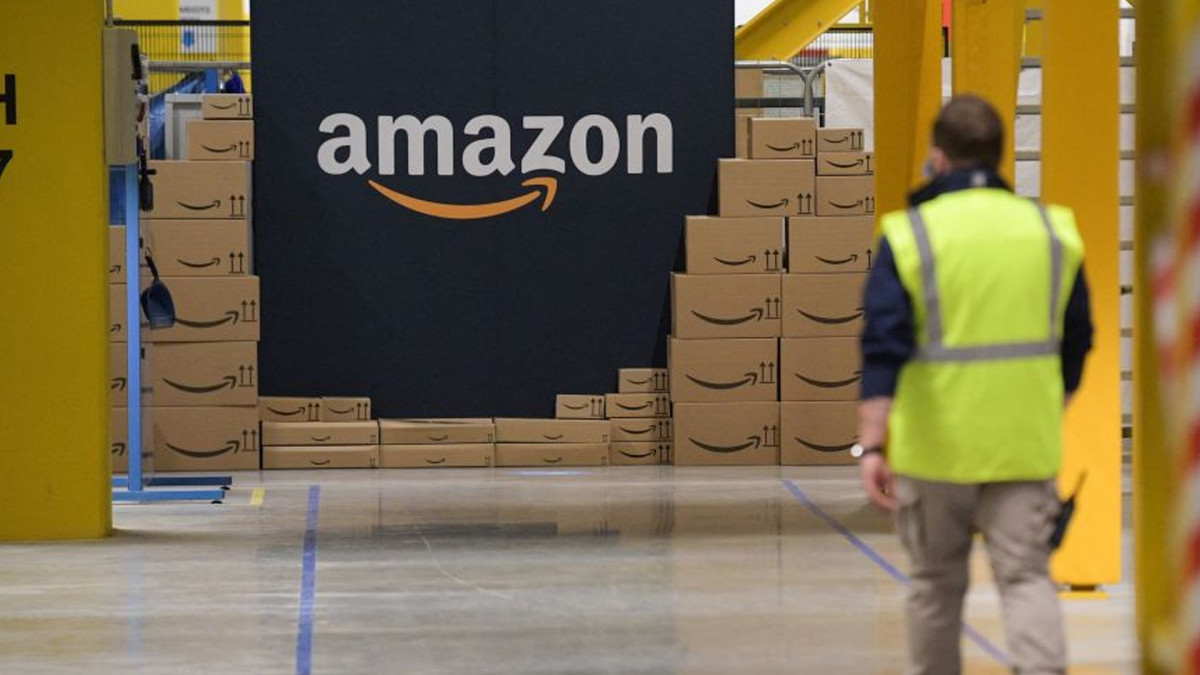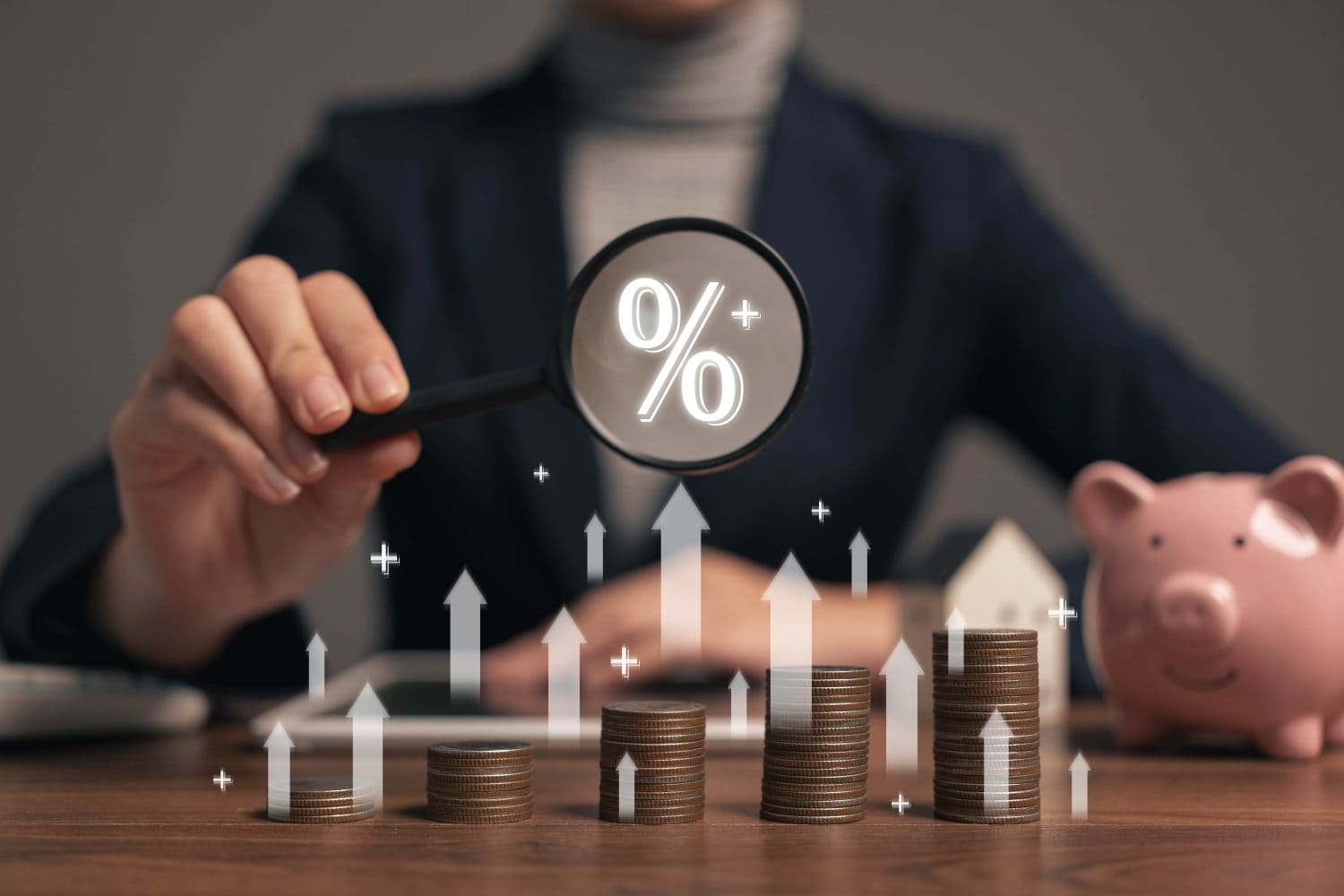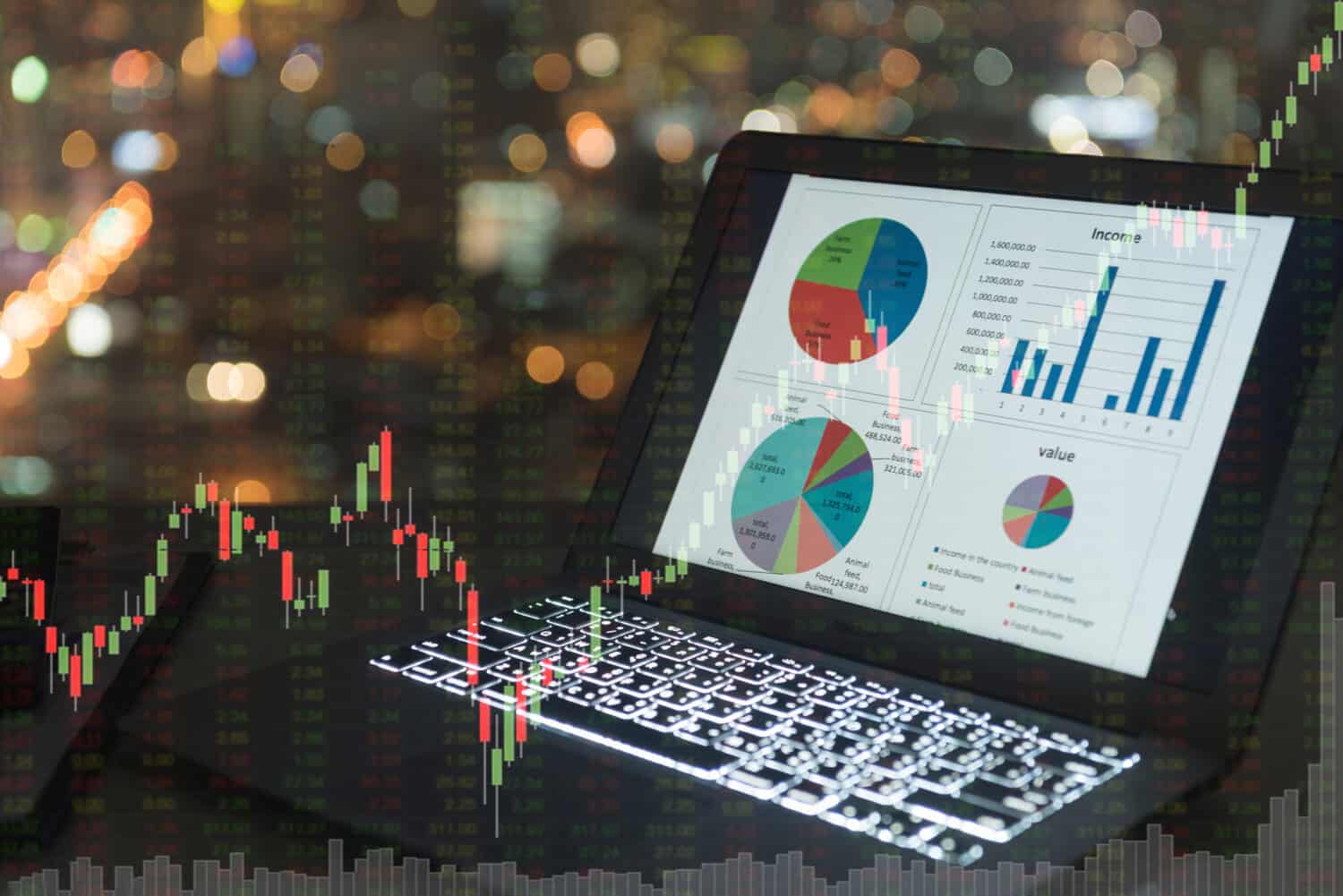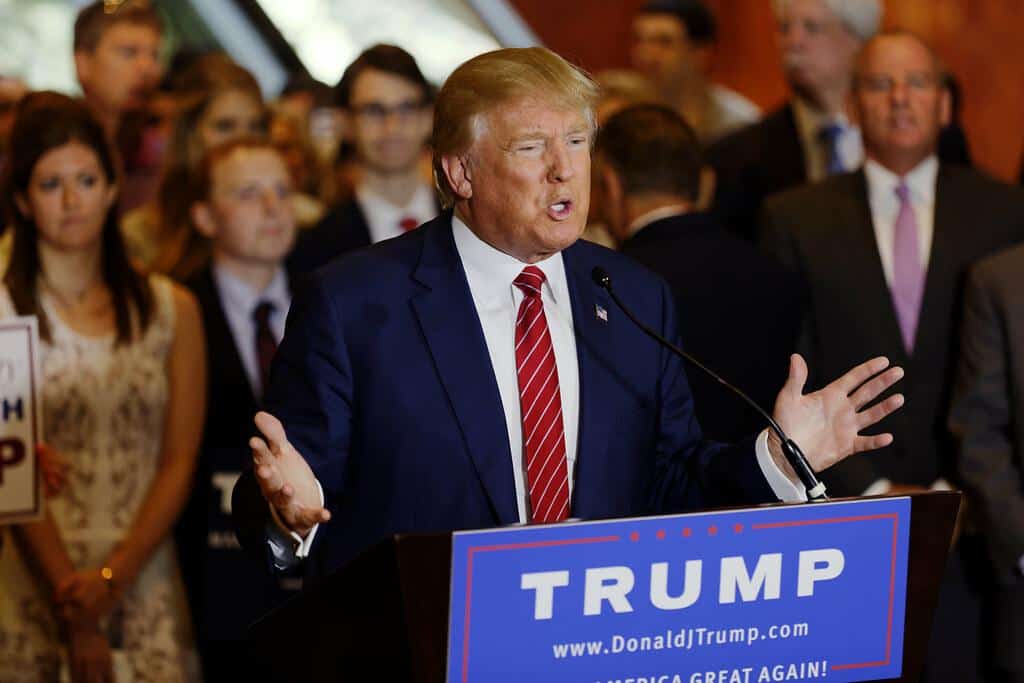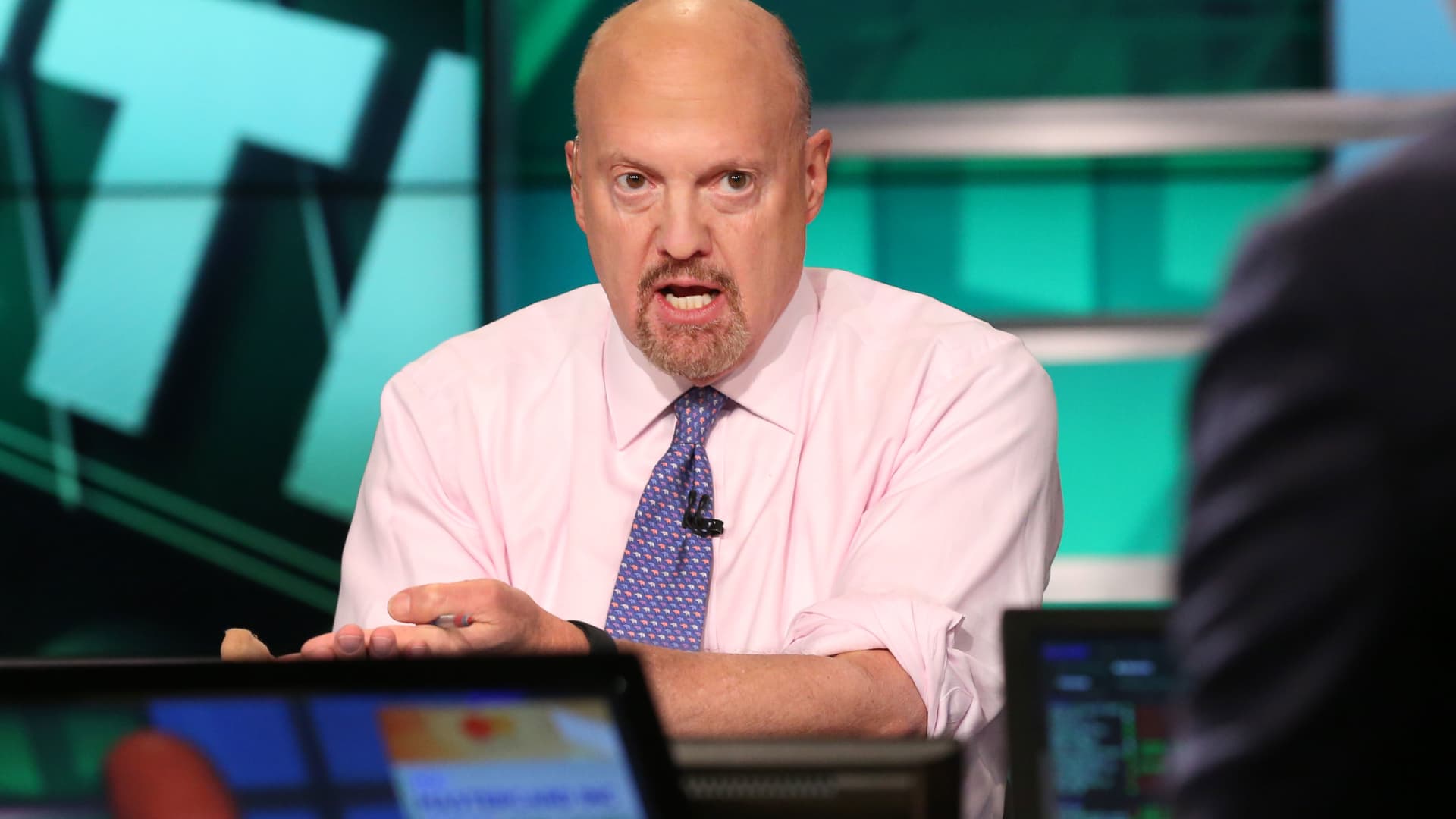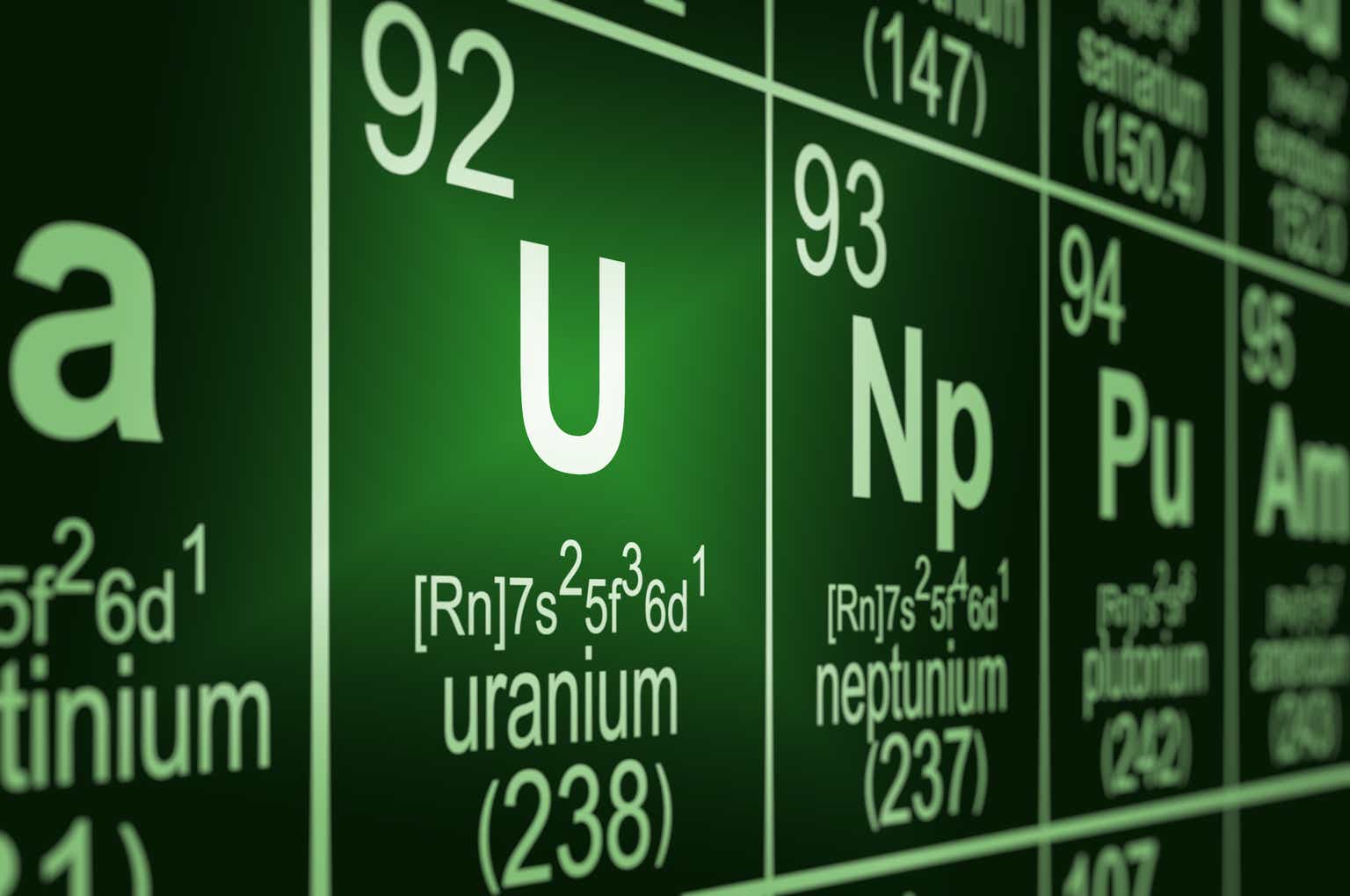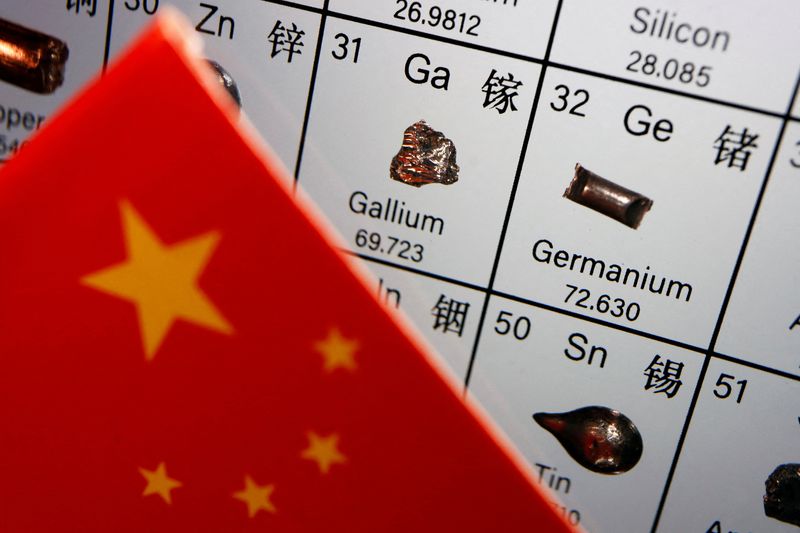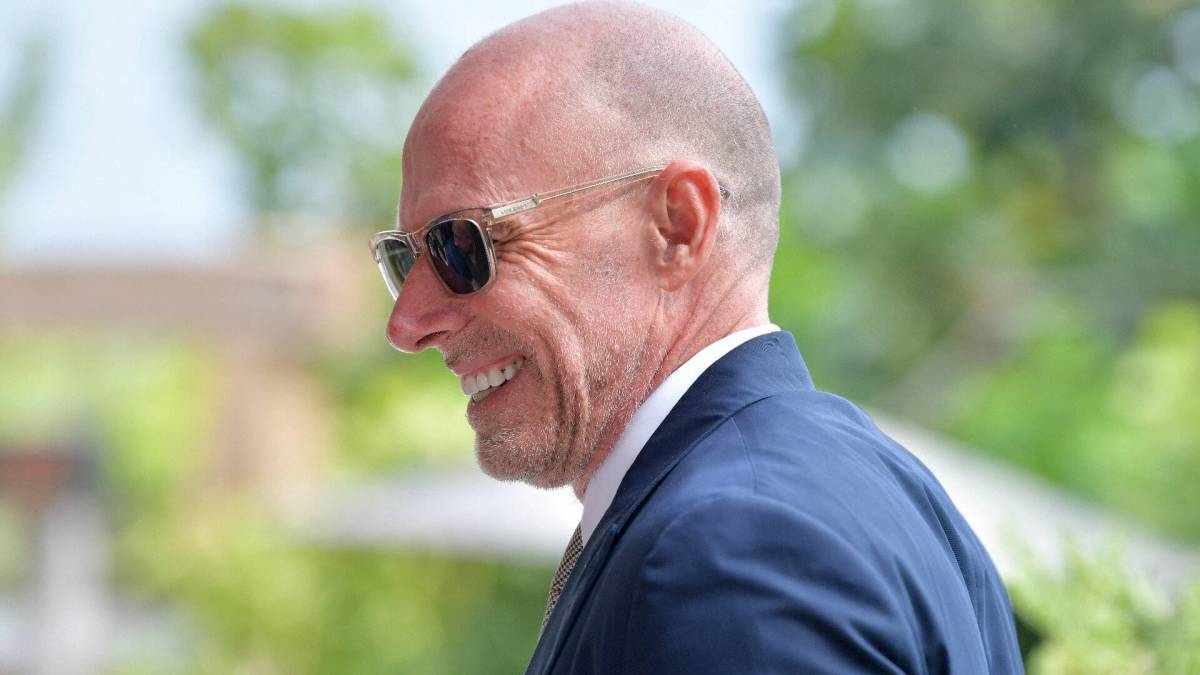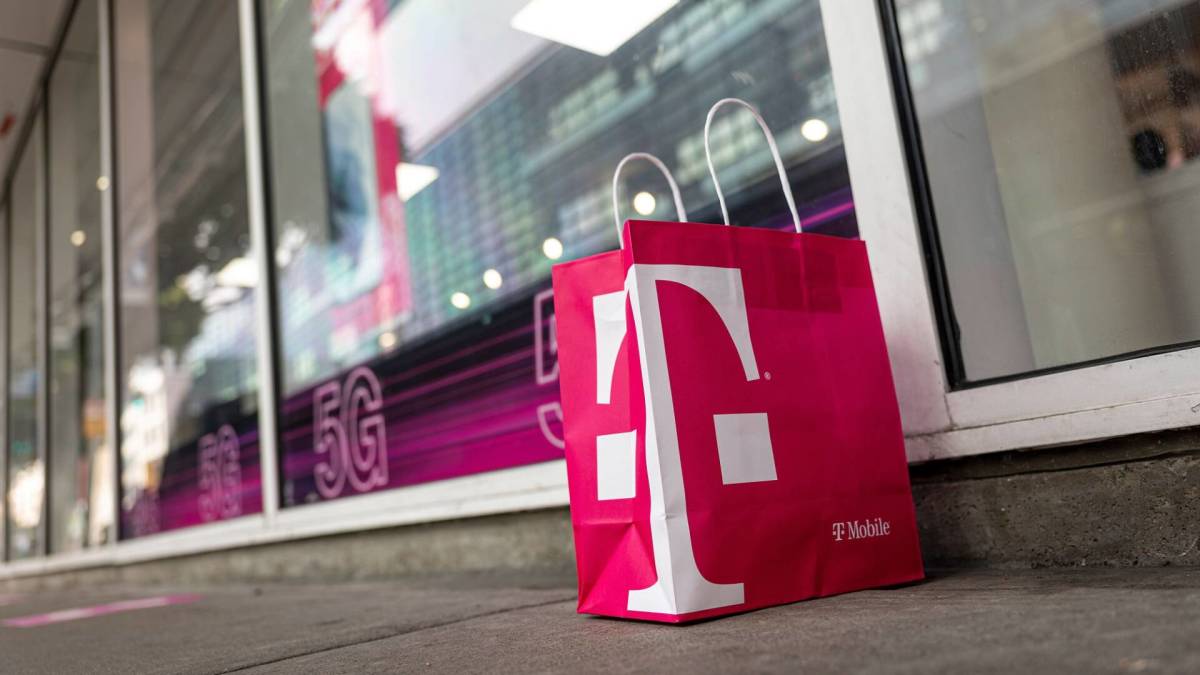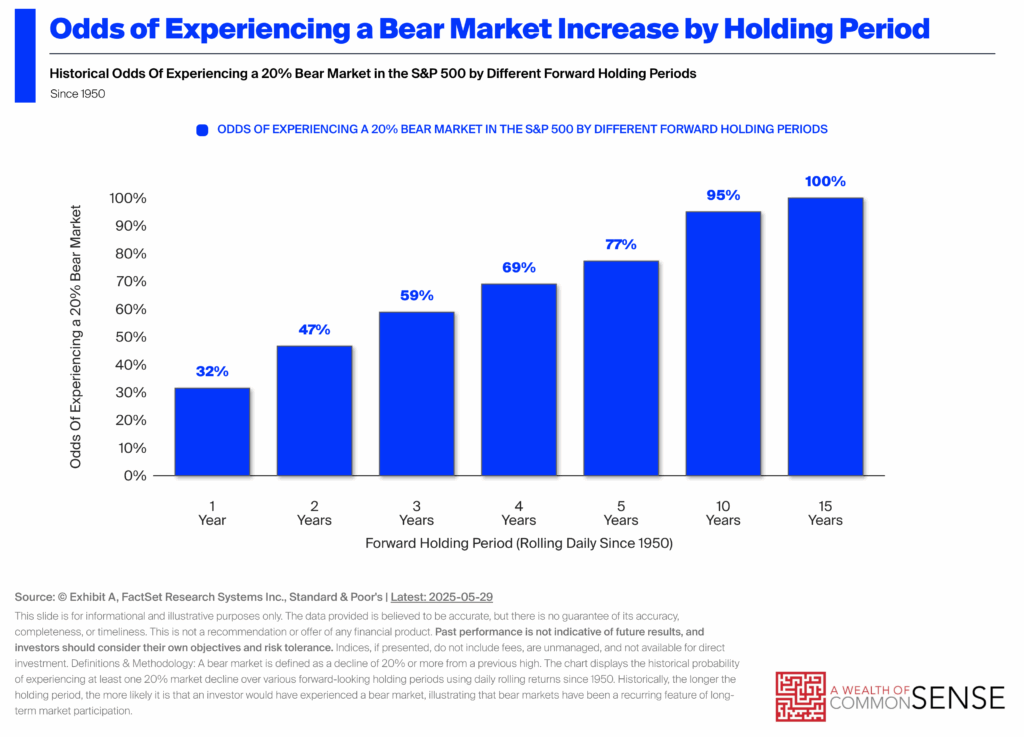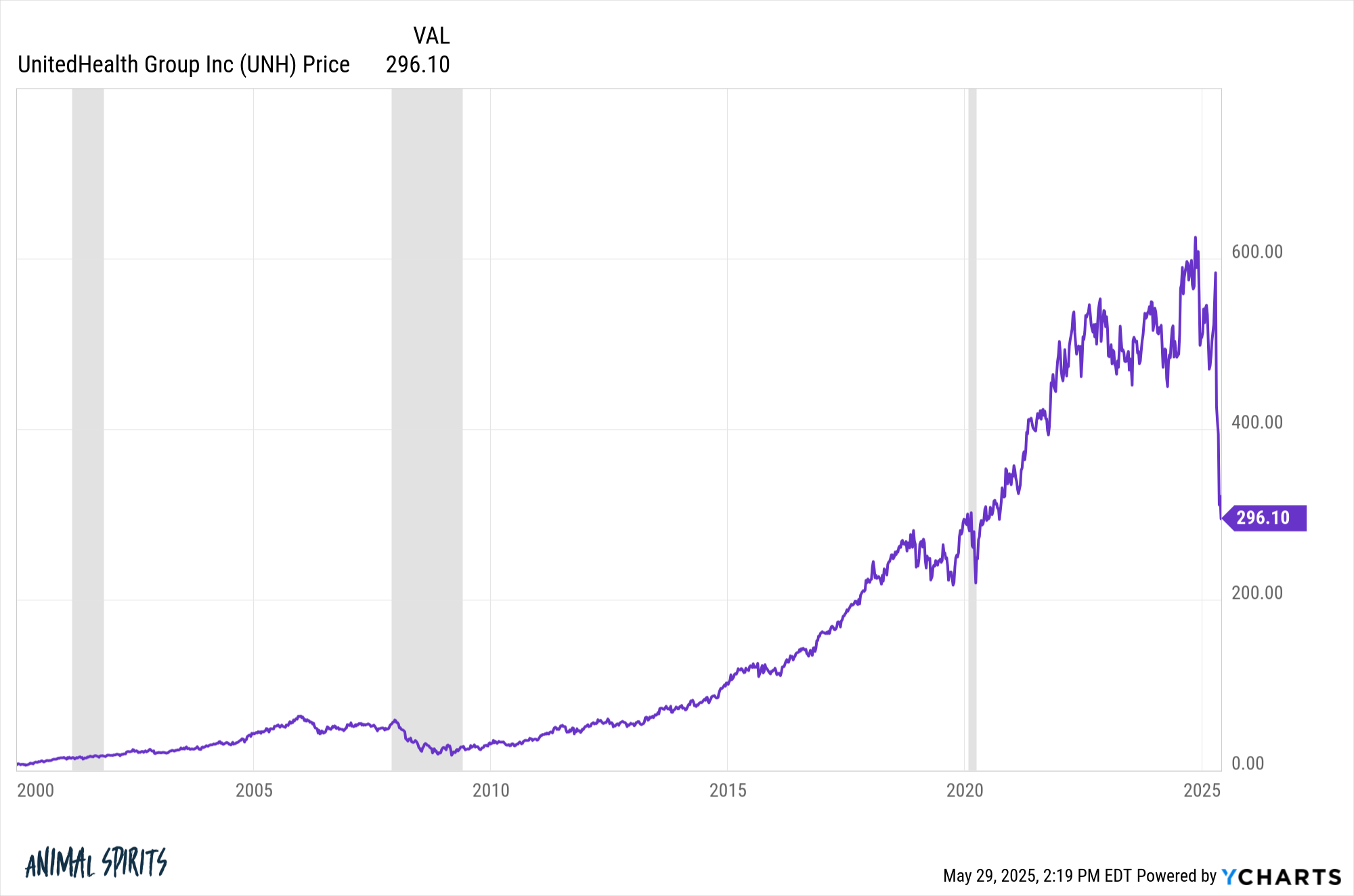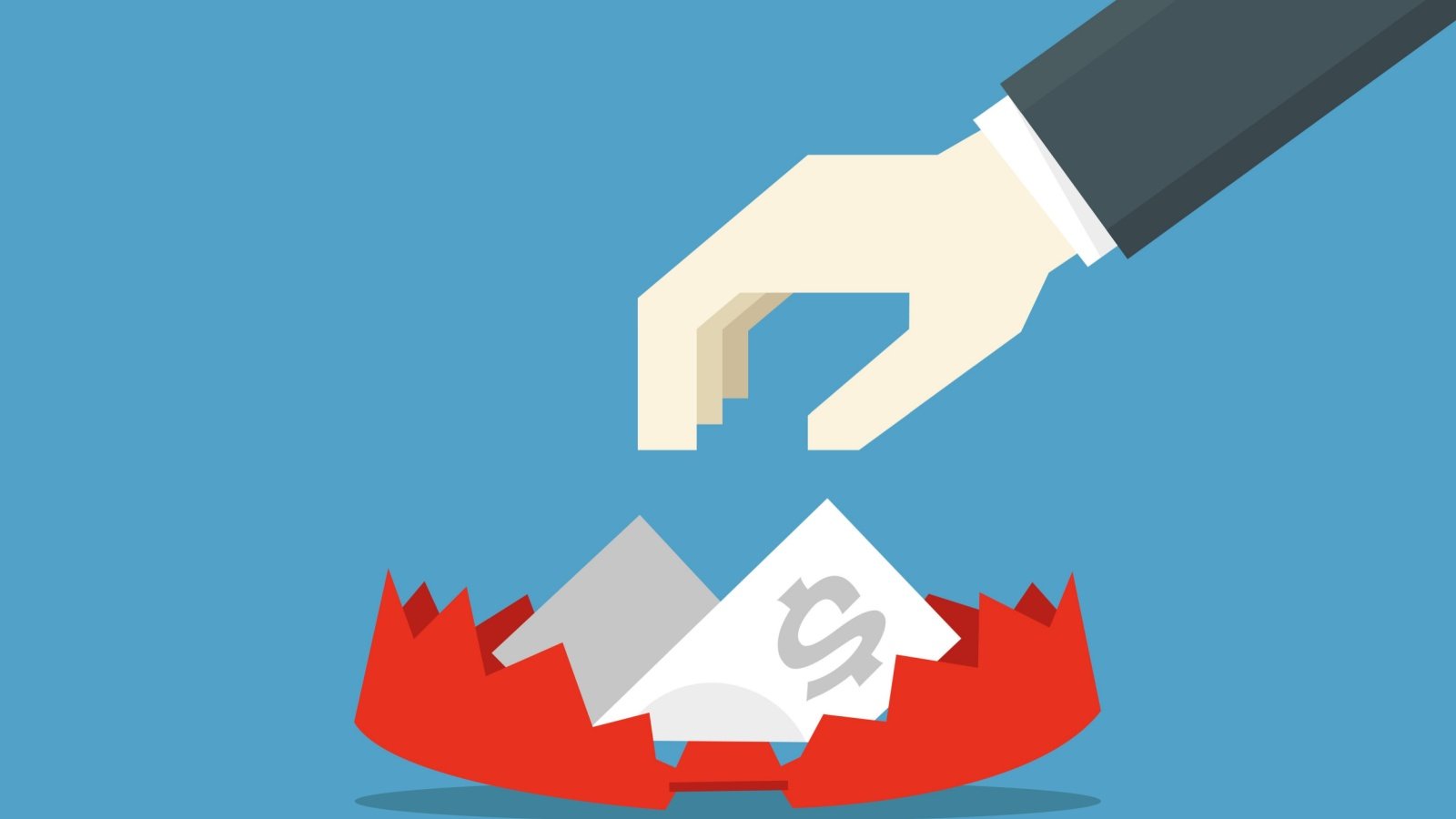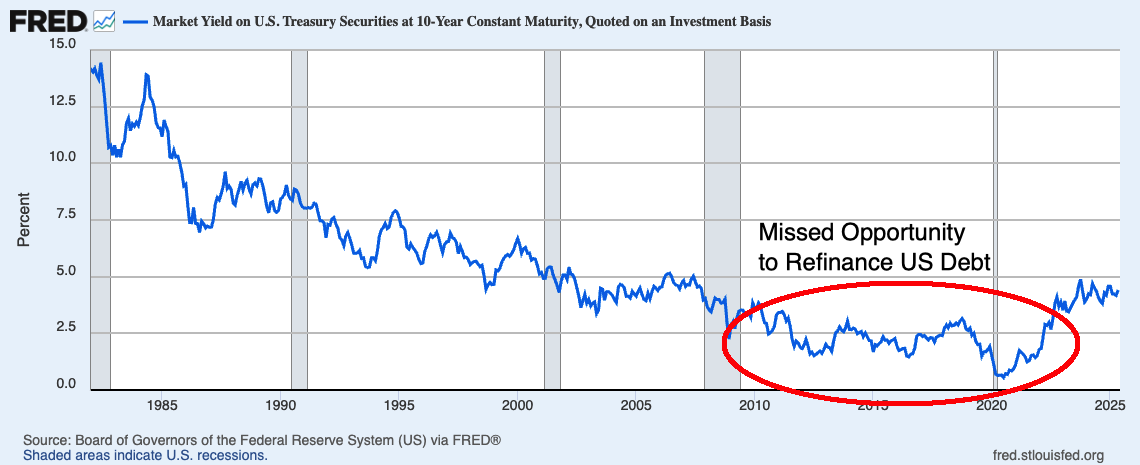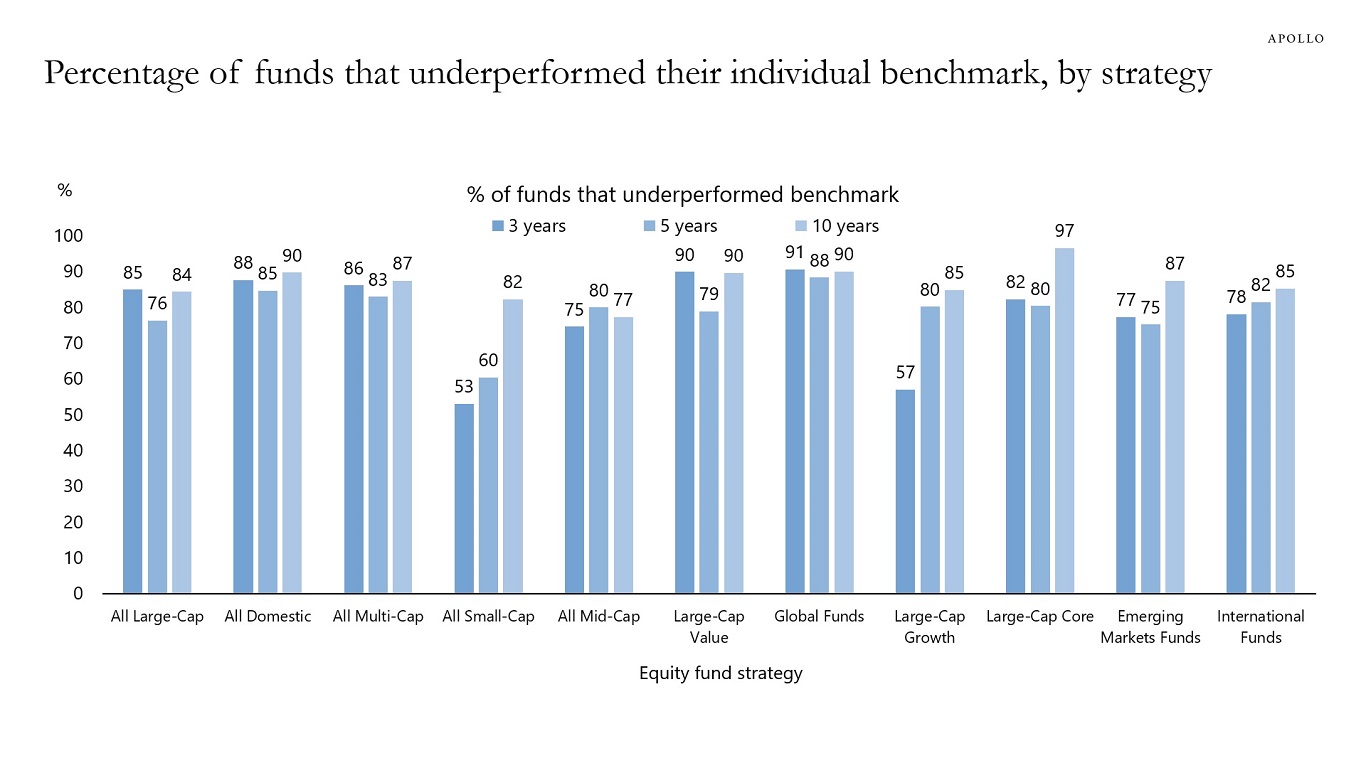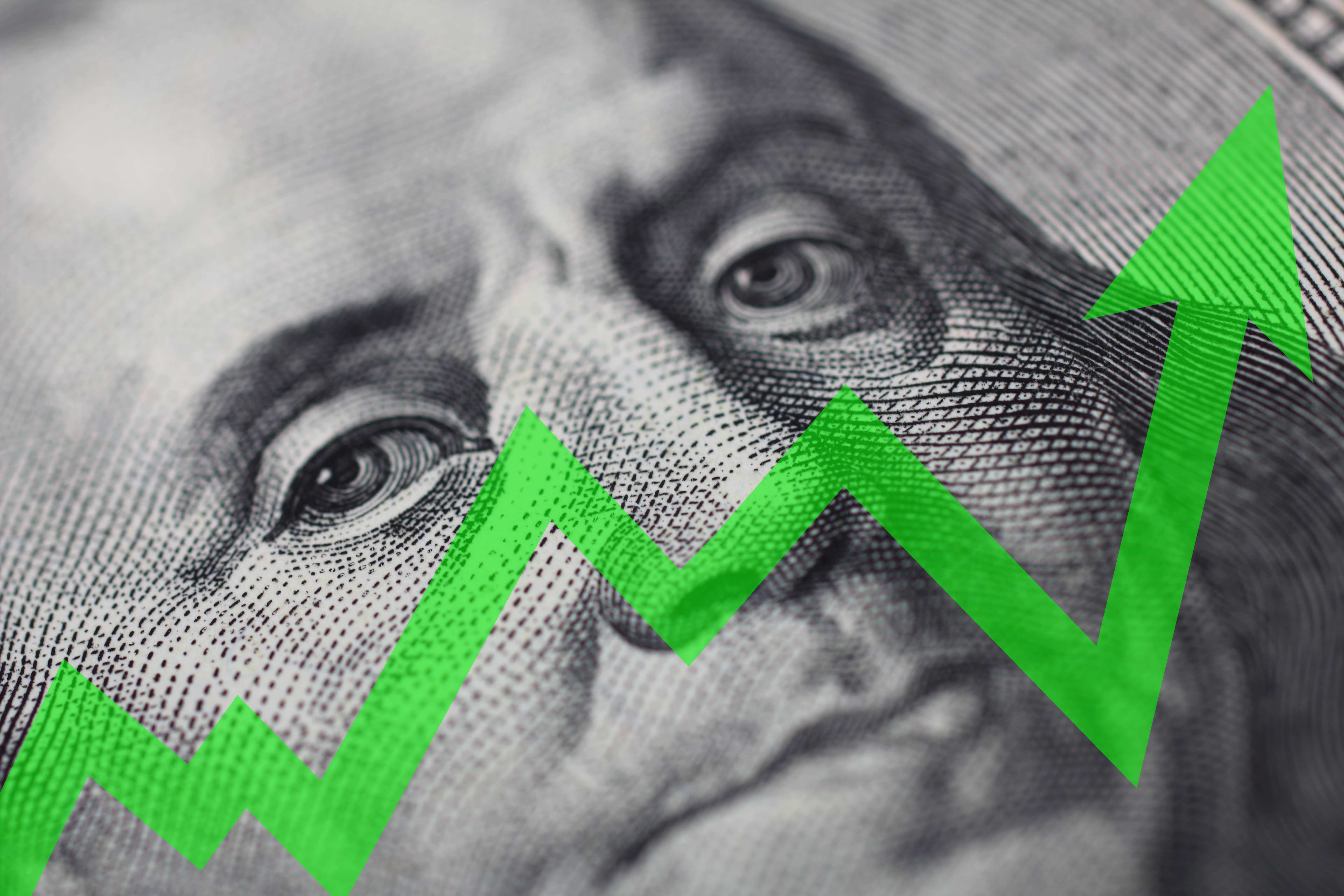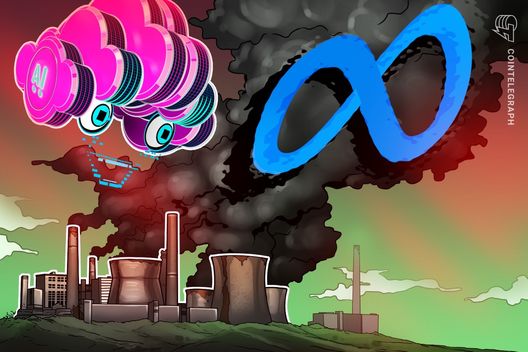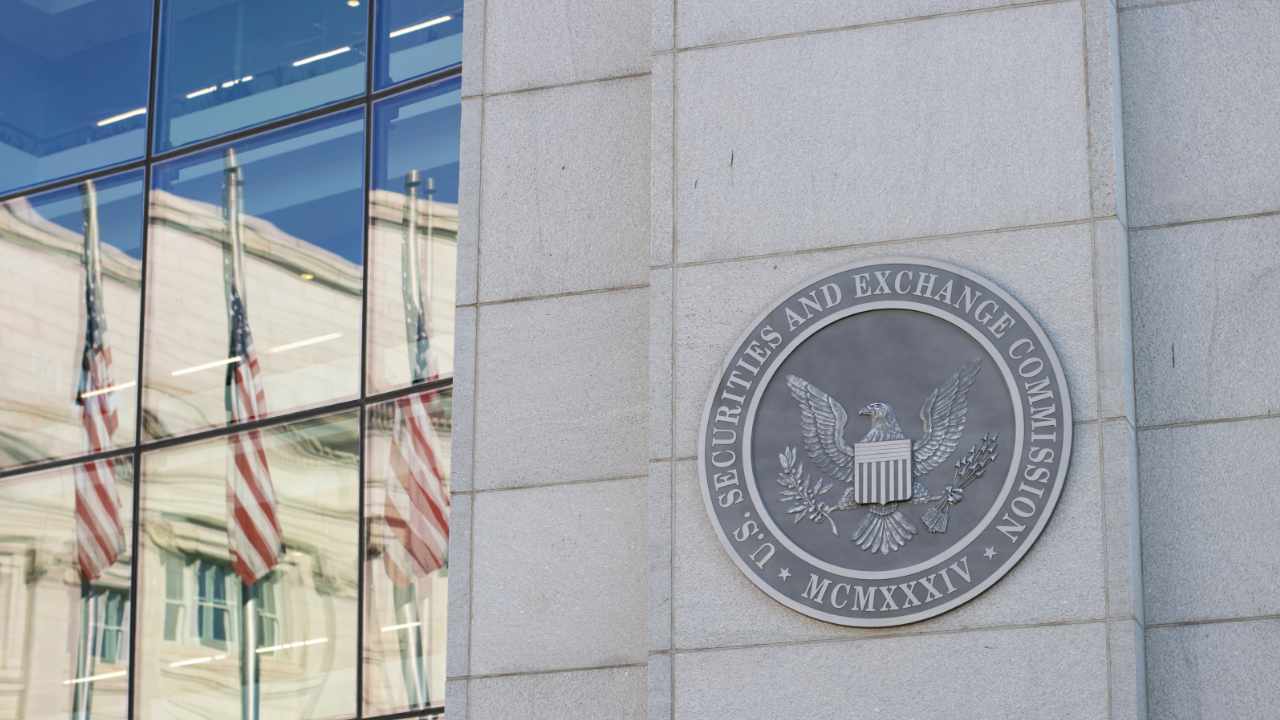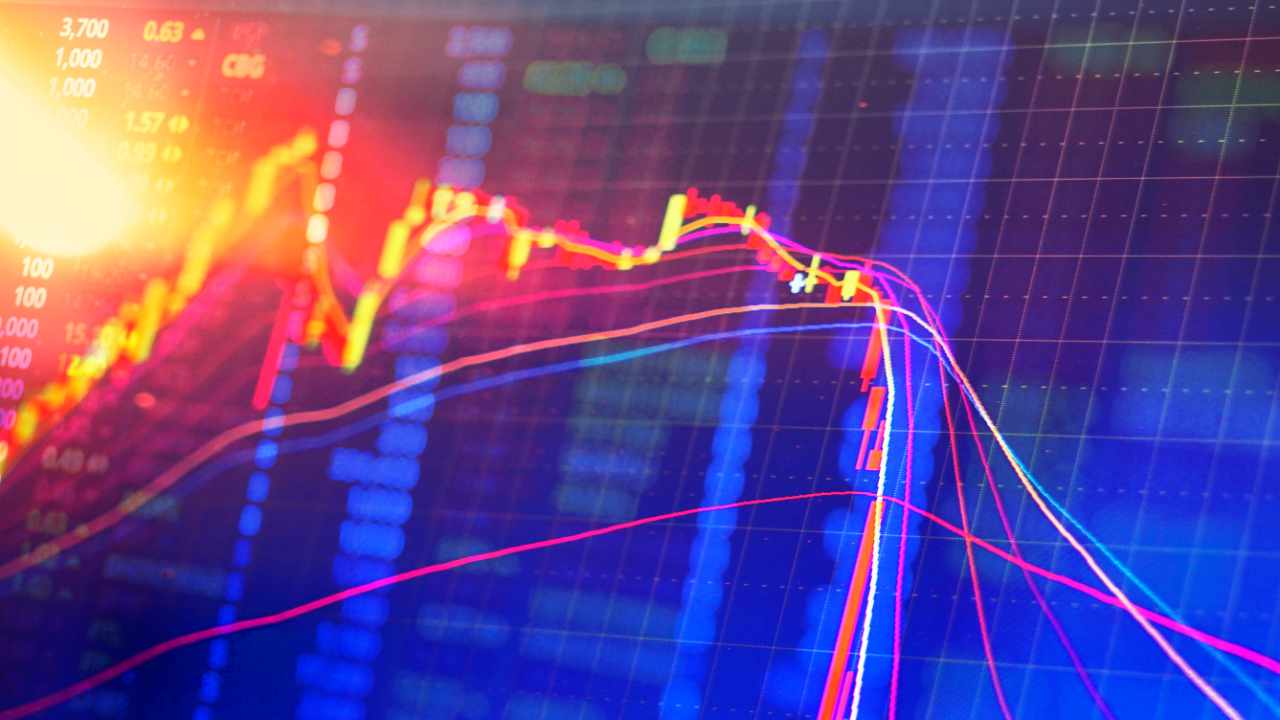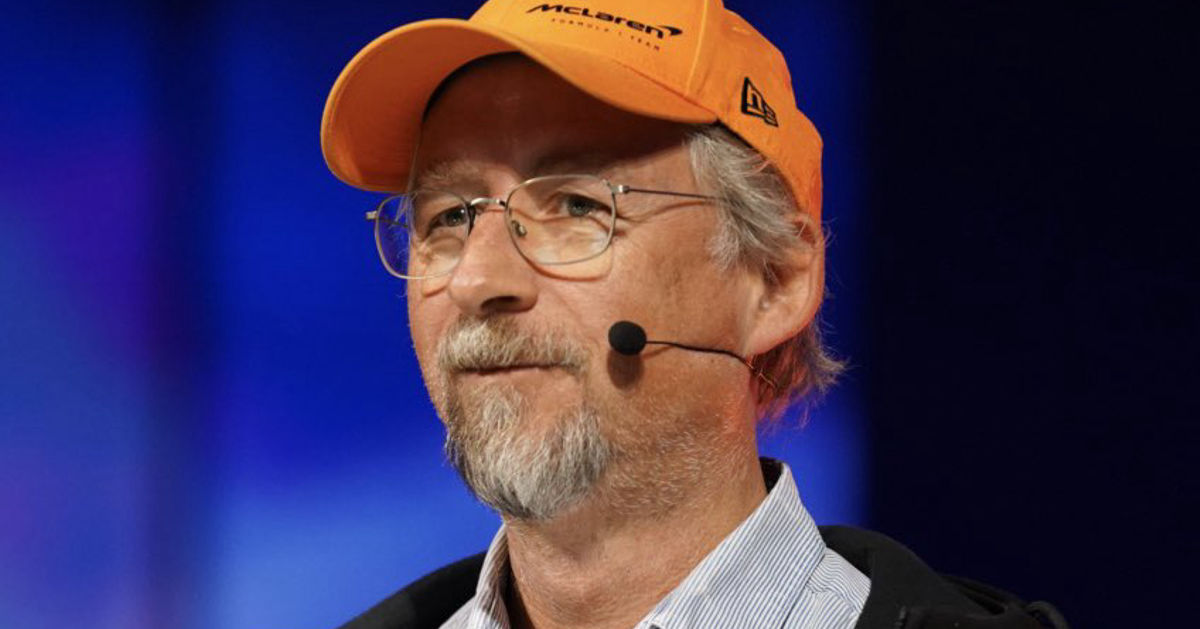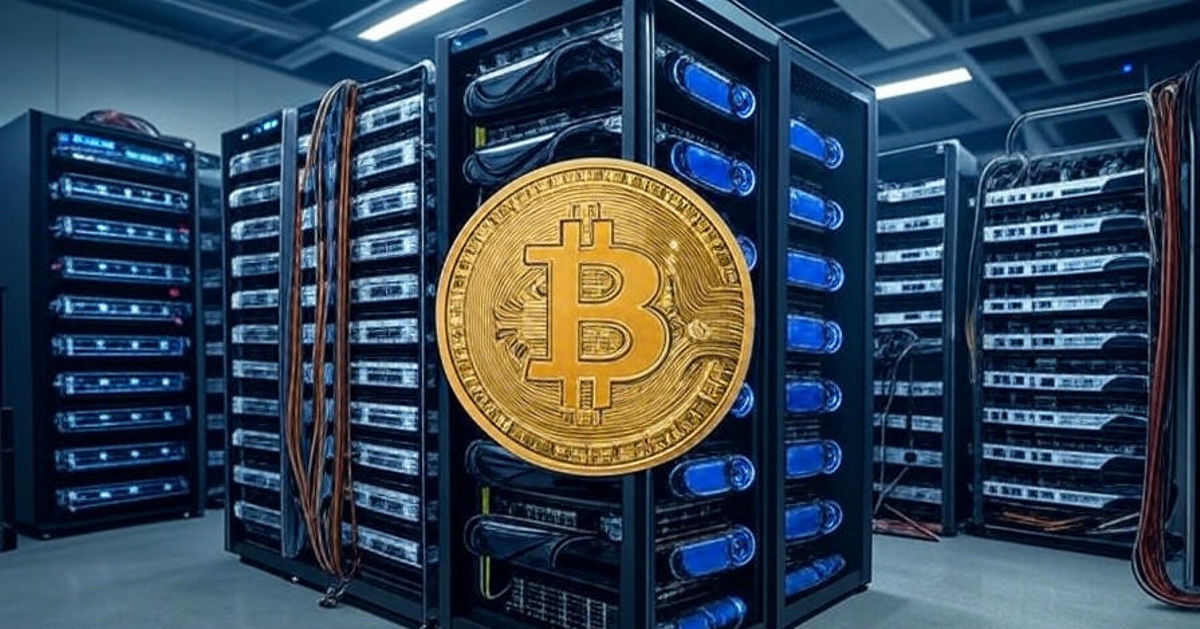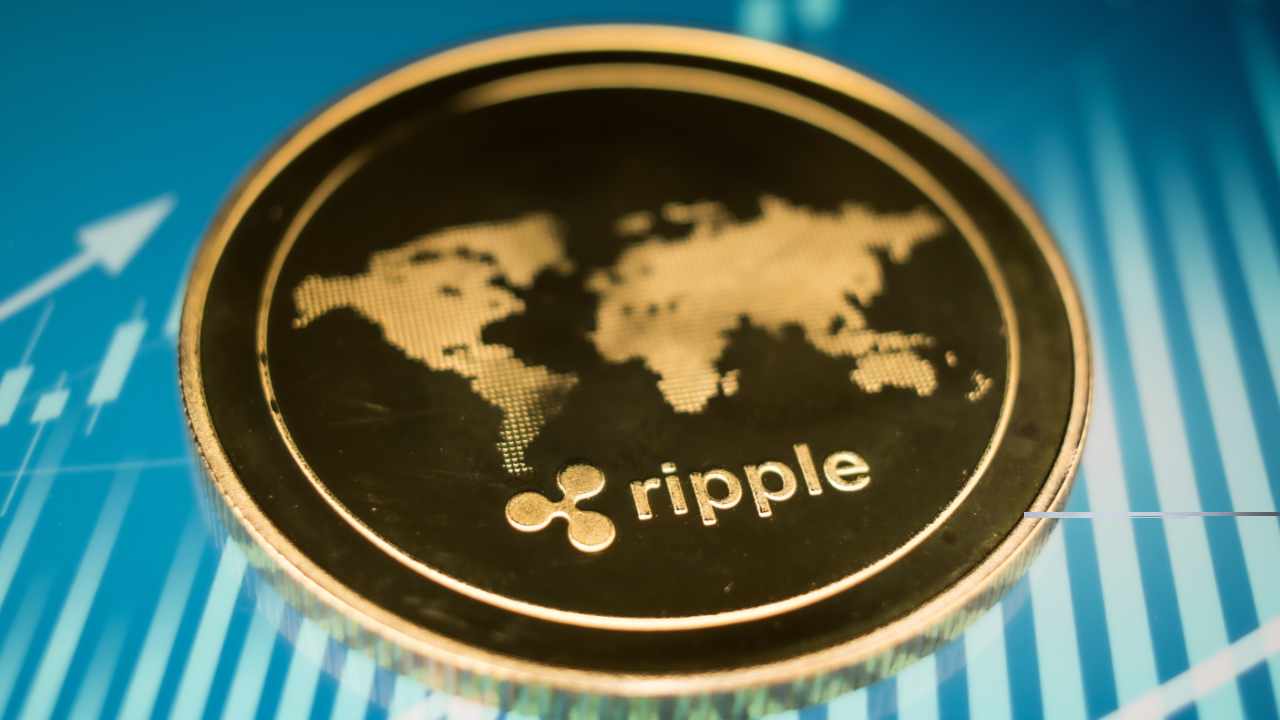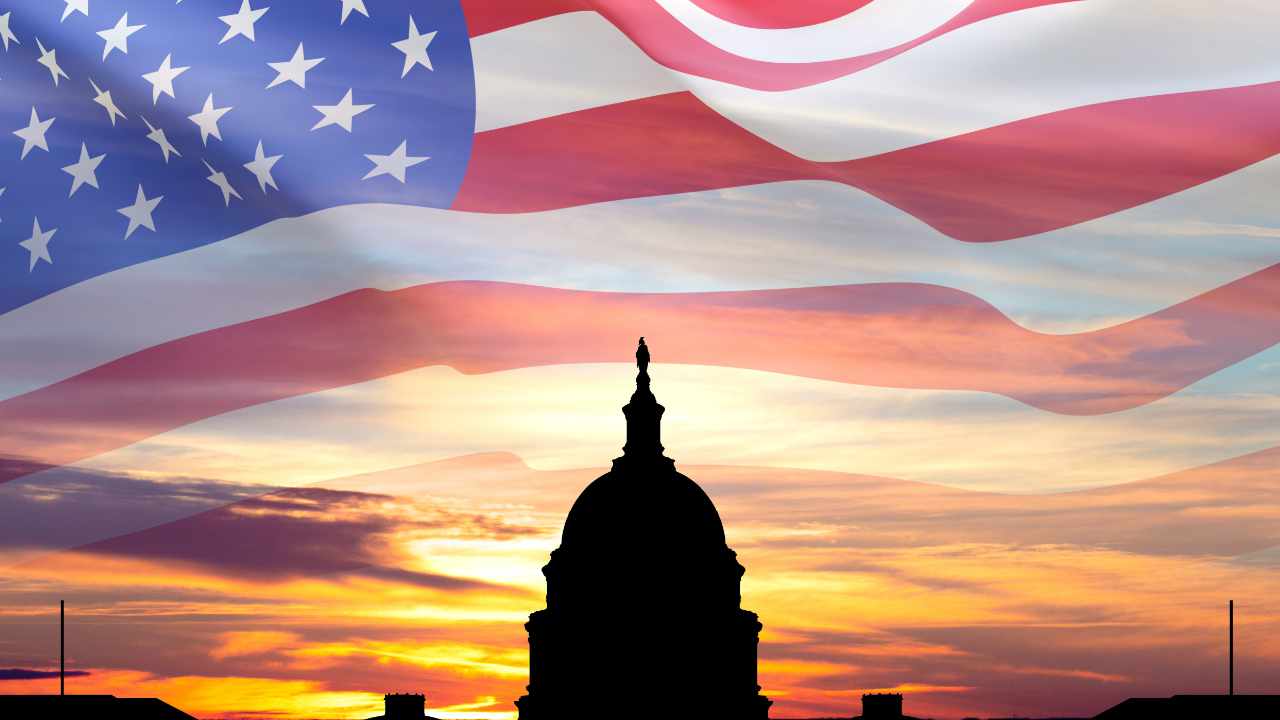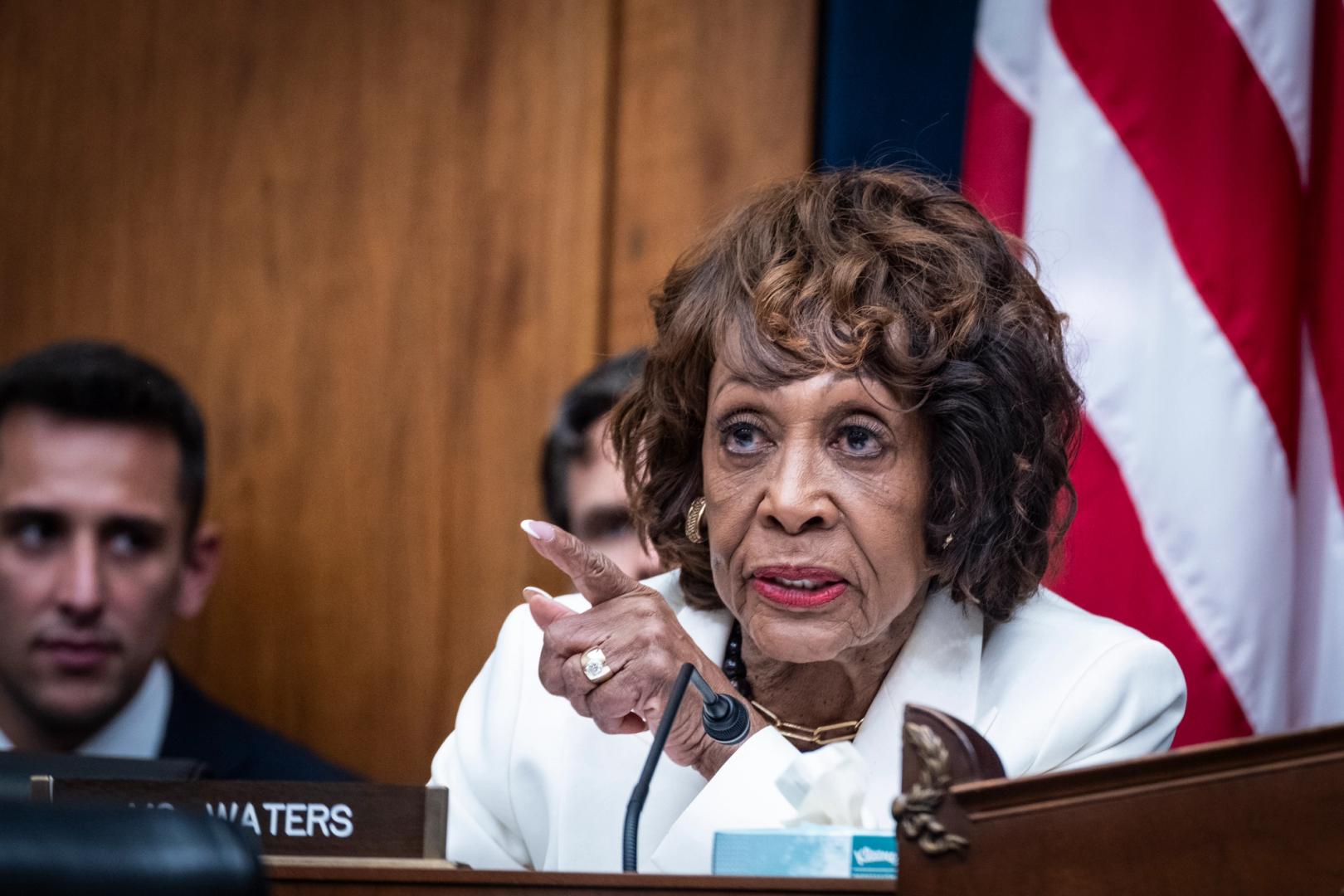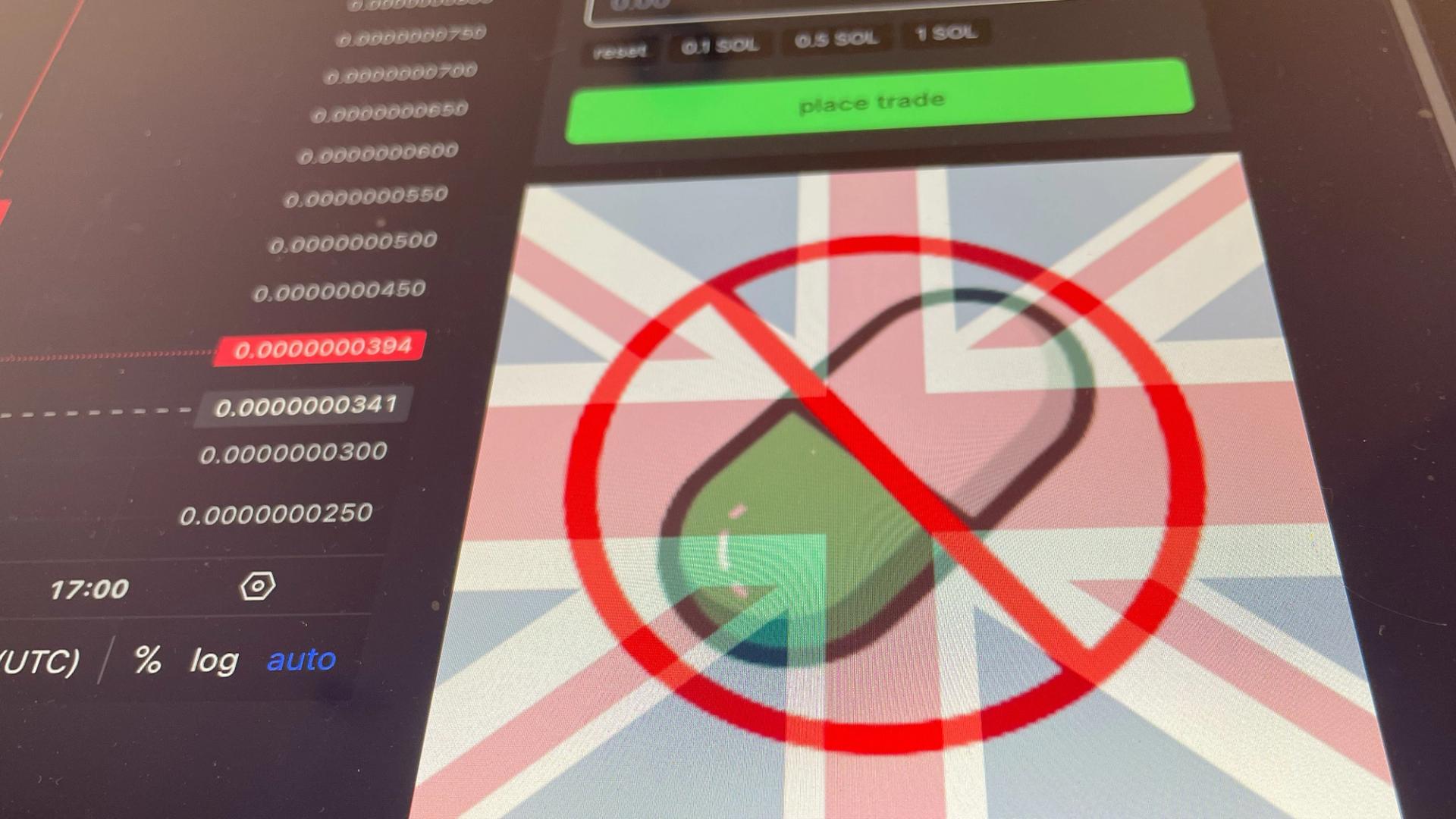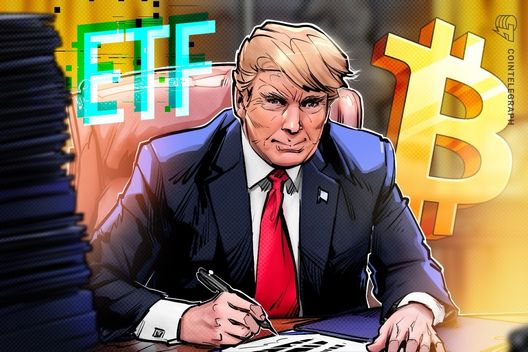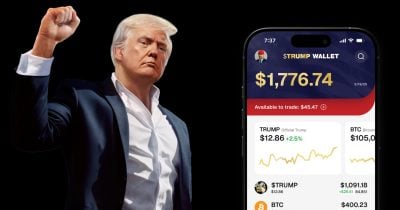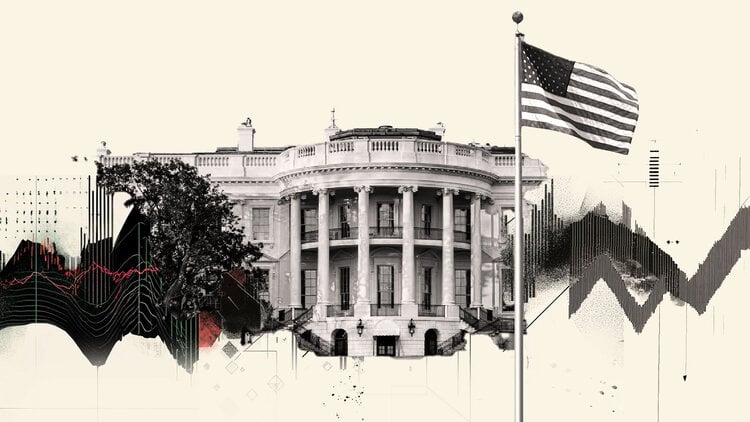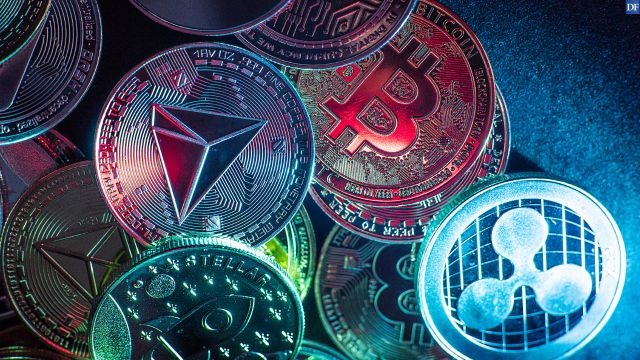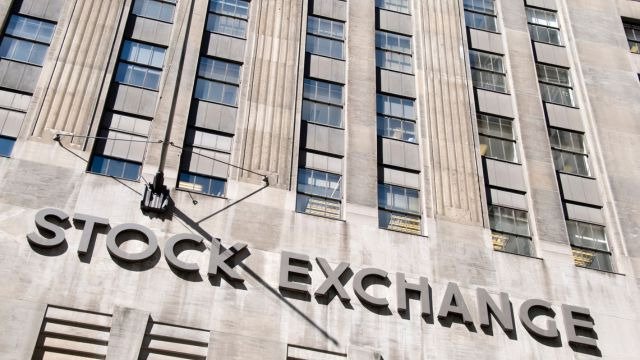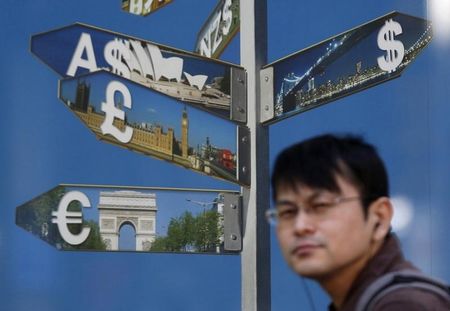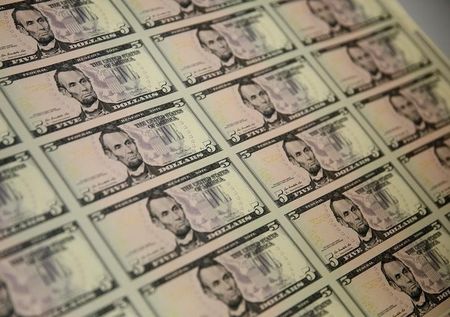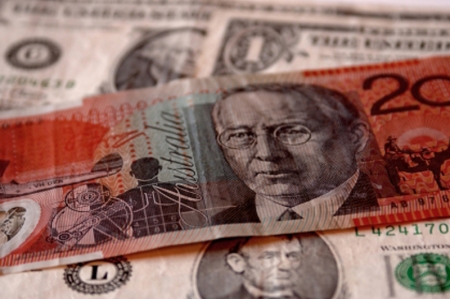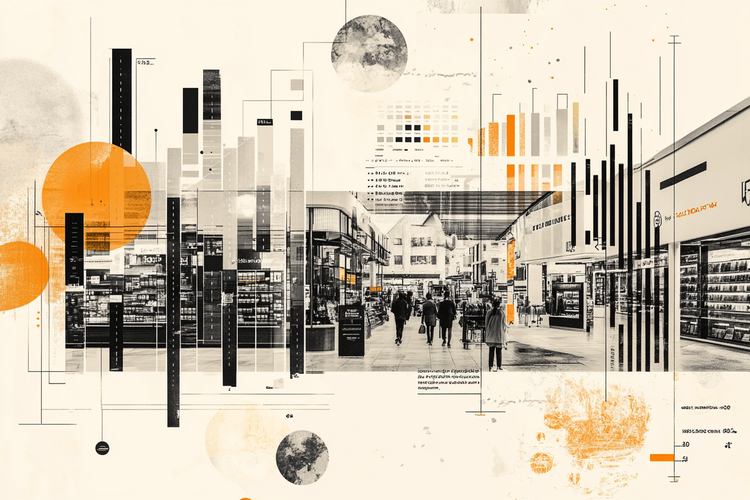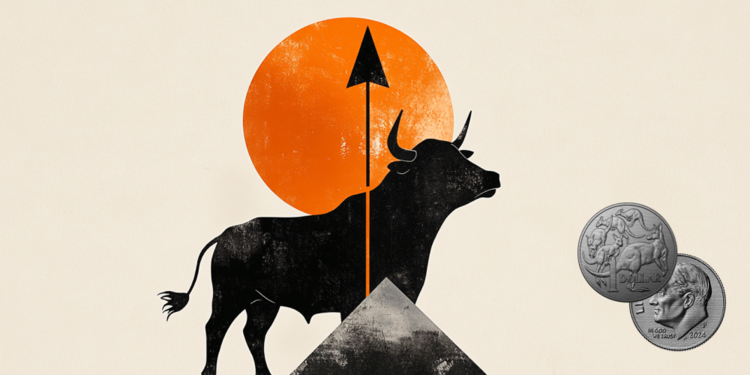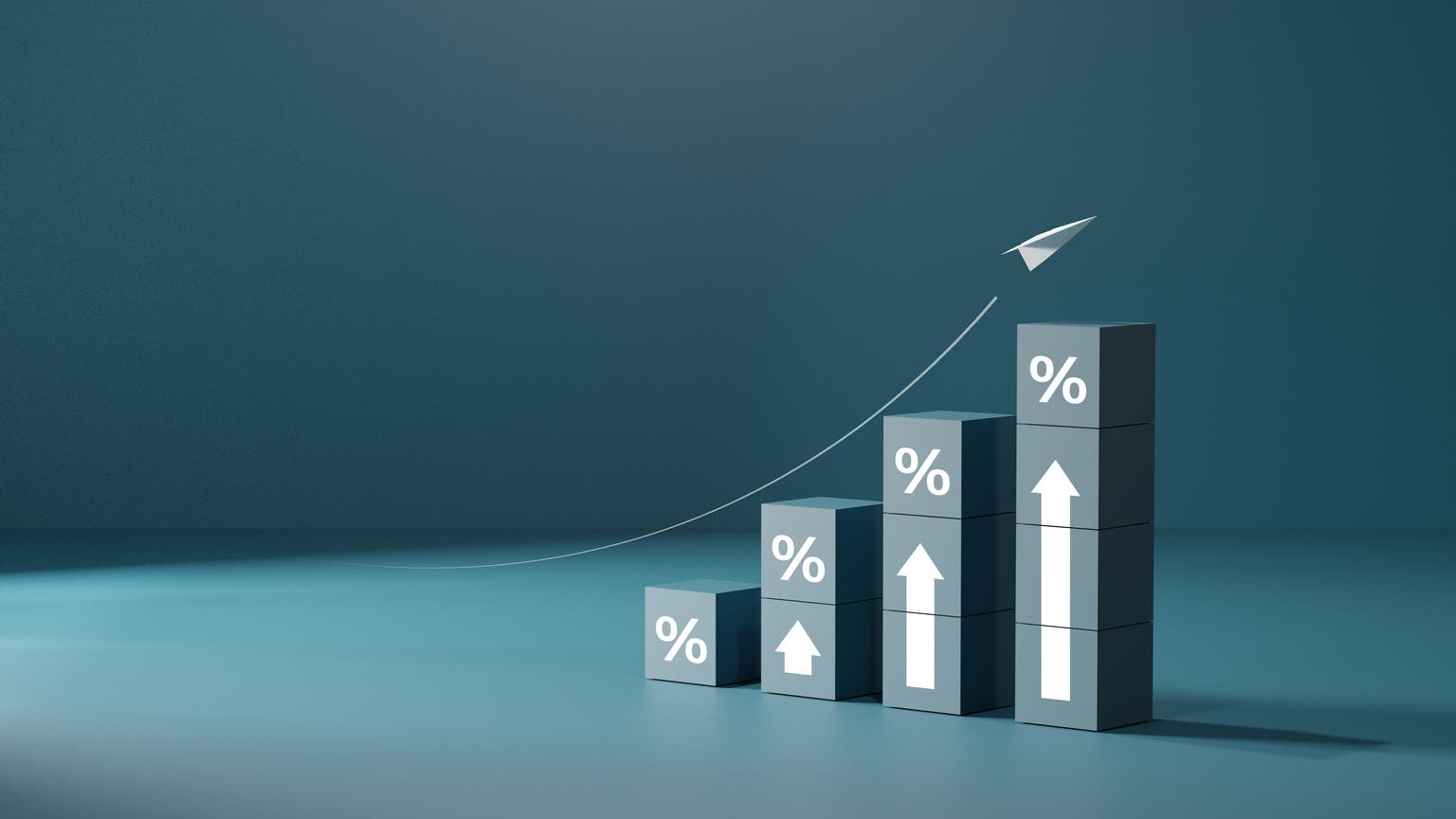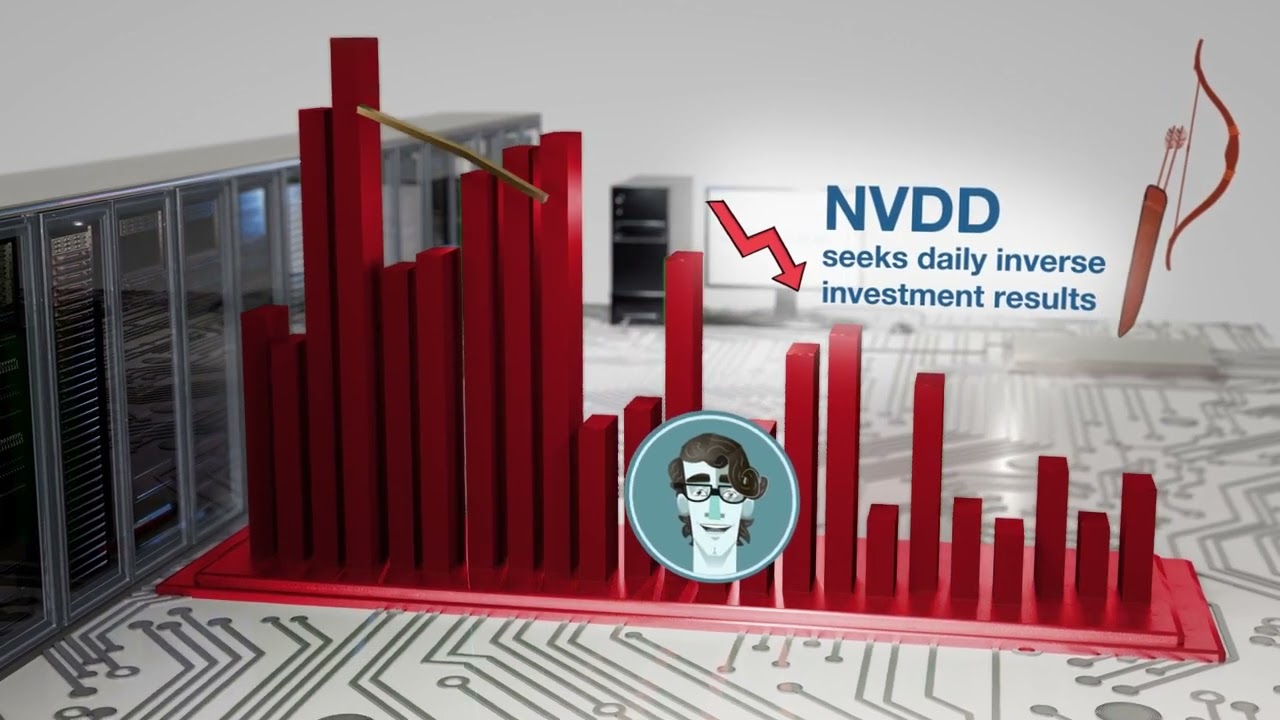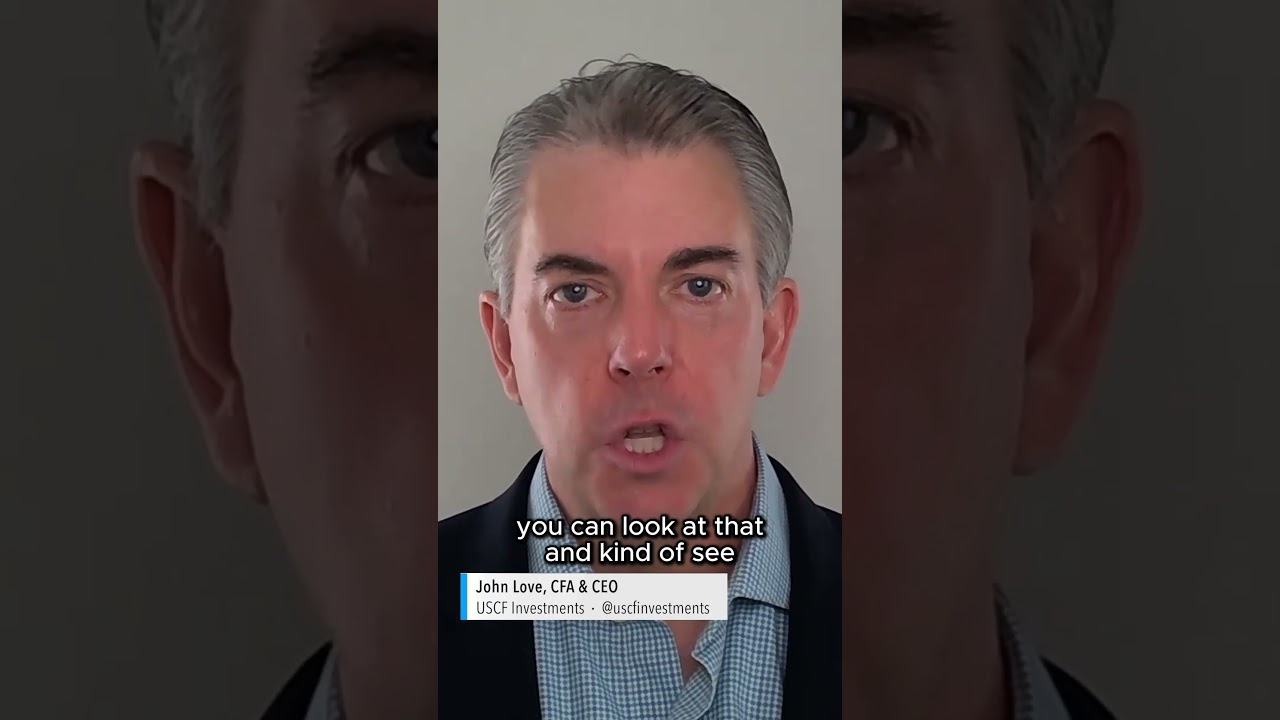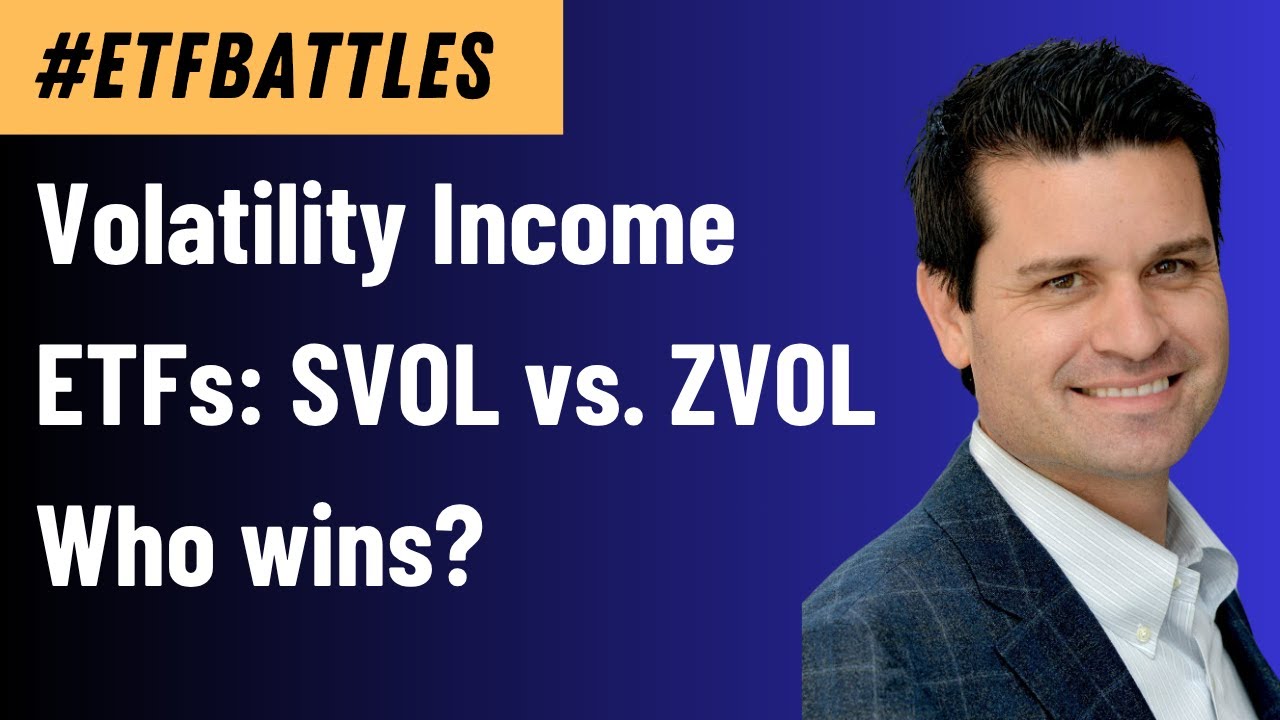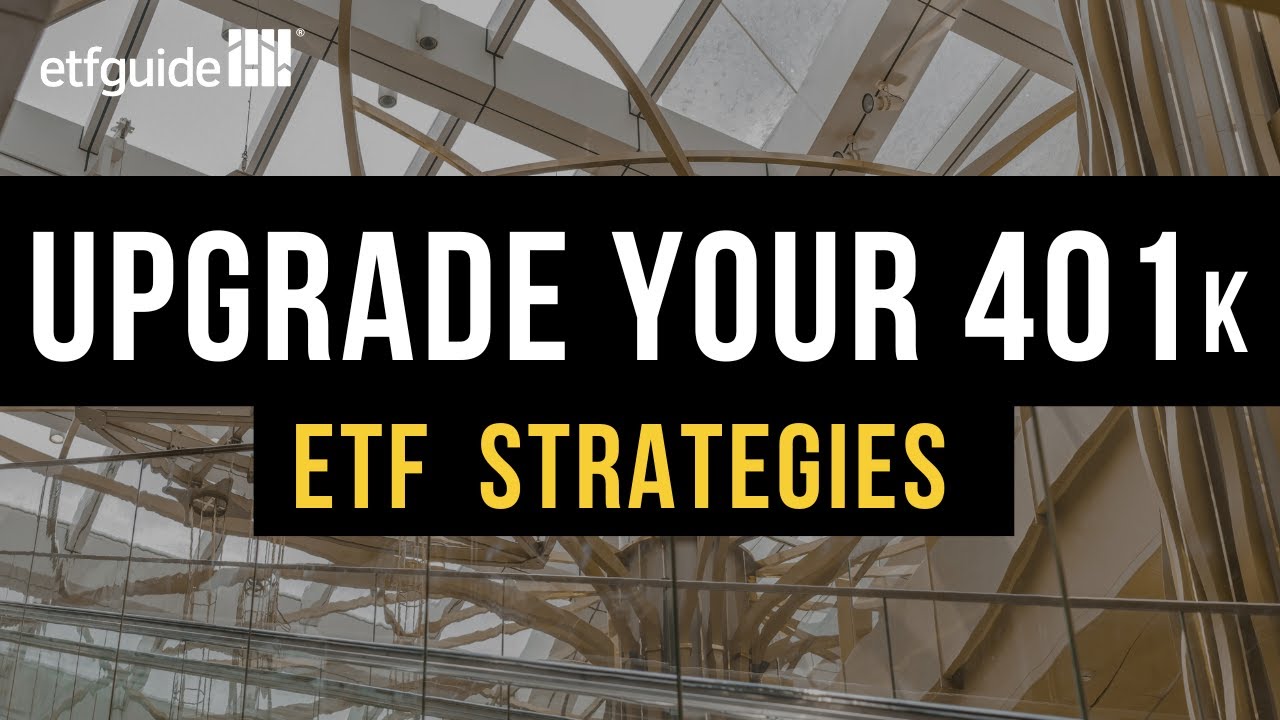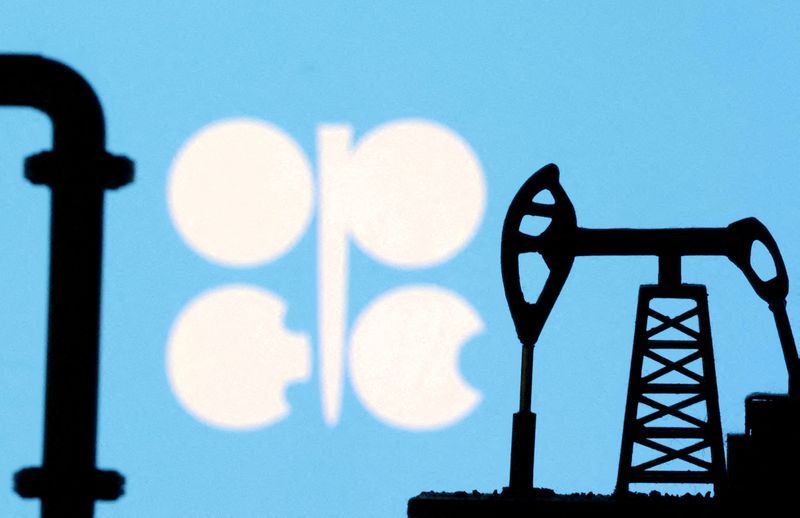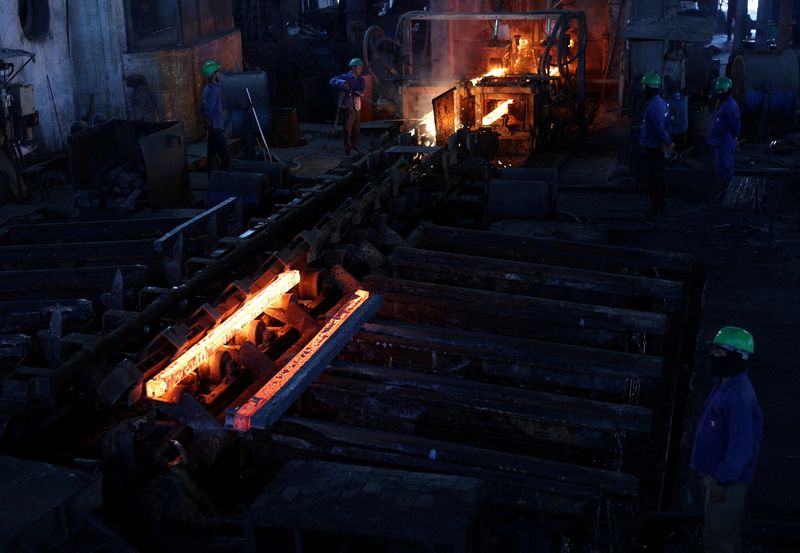Jamie Dimon is more worried about America’s ‘enemy within’ than China: ‘We have to get our act together and we have to do it very quickly’
"Warren Buffett would tell you we're enormously resilient and I agree with that," Dimon said. But "this time is different, this time we have to get our act together and we have to do it very quickly."

- JPMorgan CEO Jamie Dimon believes that while China poses a significant threat, the greater danger to the U.S. lies in internal dysfunction, including political and economic mismanagement. He warns that issues like rising national debt, weakening alliances, and poor governance could undermine America’s global leadership and reserve currency status if not urgently addressed.
JPMorgan CEO Jamie Dimon isn’t naive about the threat China poses to America—and yet he says this issue isn’t comparable to the disintegration of U.S. values from within.
For many years, the Wall Street veteran has highlighted geopolitical tensions and America’s reliance on its economic rival as problems facing the domestic economy.
But in a recent interview Dimon said this pales in comparison to the problem of America hamstringing itself when it comes to success.
“We have problems and we’ve got to deal with them,” Dimon told the Reagan National Economic Forum on Friday. “The biggest one … is the enemy within.
“I’m not as worried about China. China is a potential adversary, they’re doing a lot of things well, they have a lot of problems. What I really worry about is us. Can we get our own act together? Our own values? Our own capability, our own management?”
The man who was paid $39 million for his work last year said there is an “extraordinary” amount of mismanagement in the U.S., whether on a state or city level or in pensions, for example.
“That stuff is going to kill us,” he added. “I always get asked this question: ‘Are we going to be the reserve currency?’ And no, if we are not the preeminent military and the preeminent economy in 40 years, we will not be the reserve currency. That’s a fact, just read history.”
Dimon, known for running America’s biggest bank with a military tactic called the OODA loop, which looks at every possible threat, didn’t just identify mismanagement in the U.S. as its only problem.
These issues fall into two categories, he suggested: Economic and political.
“The way I look at it, the big picture is the tectonic plates are shifting and we’ve got to get our heads wrapped around that,” he added. “Those tectonic plates are the geopolitical with these terrible wars, terrible proxy terrorist activity around the world, North Korea, the potential proliferation of nuclear weapons over time which is the greatest threat to mankind.
“And then the tectonic shift is the global economy, the military umbrella of America … of which trade is a part. The other parts are, do people want to partner with you? Do you have your alliances? Do you have investment agreements? All those various things are changing.”
These questions echo Dimon’s other concern, which is that Donald Trump’s tariff narrative may be damaging America’s relationships with its allies.
While President Trump’s ‘America first’ agenda may reap some benefits, Dimon wrote in his most recent letter to shareholders, it cannot risk resulting in ‘America alone.’
The debt question
Another issue that has been rising on the agenda in recent weeks is national debt, prompted in part by President Trump’s ‘Big, Beautiful Bill.’
The bill has drawn the ire of former Department of Government Efficiency (DOGE) boss, Elon Musk, who says the bill encapsulating the largest tax cuts “in history” will undermine the work of his team by increasing the budget deficit.
Indeed, the $36.2 trillion national debt burden is stealing the attention of everyone from Dimon to Federal Reserve chairman Jerome Powell to Ivy League academics.
Dimon has raised the alarm on national debt before, calling it the “most predictable” crisis in history.
He reiterated his concern in his recent interview, saying: “[The debt] is large and it’s not just us. We added $10 trillion in five years … today it’s a 100% debt to GDP [ratio] and a deficit of almost 7%—highest peace time ever.
“When the Congressional Budget Office does their numbers—which I don’t really trust by the way—they should stress test, like what happens if we go into a recession? That 7% will be 10%.”
Across Wall Street the question of America’s exceptionalism is continuing to grow, and while Dimon is always bullish on the U.S. as the leader of the global economy, he said that the mismatch of issues the country is facing at present is more pressing.
“Warren Buffett would tell you we’re enormously resilient and I agree with that,” Dimon added. But “this time is different, this time we have to get our act together and we have to do it very quickly.”
This story was originally featured on Fortune.com




